|
New
Releases |
January 16, 2026
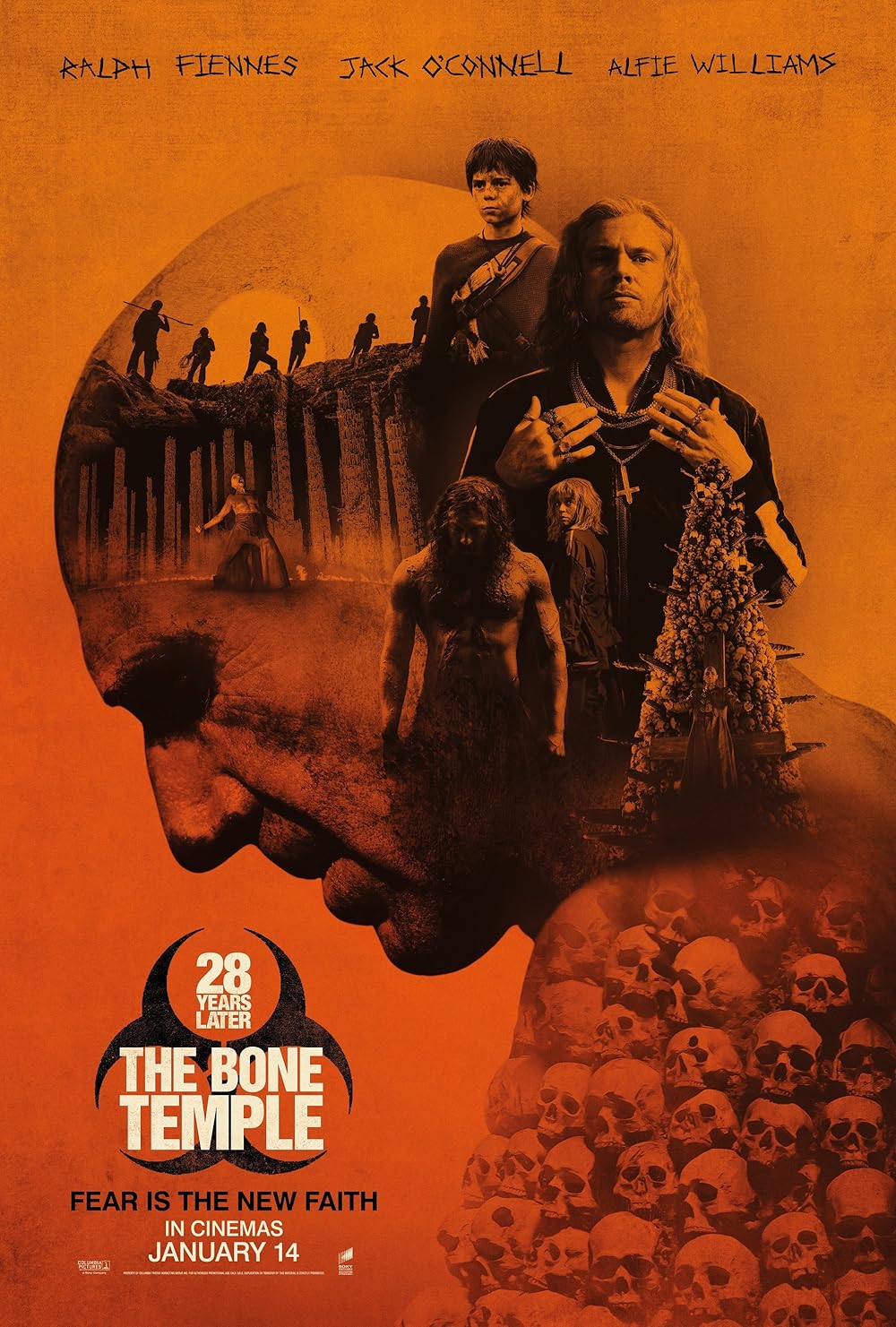
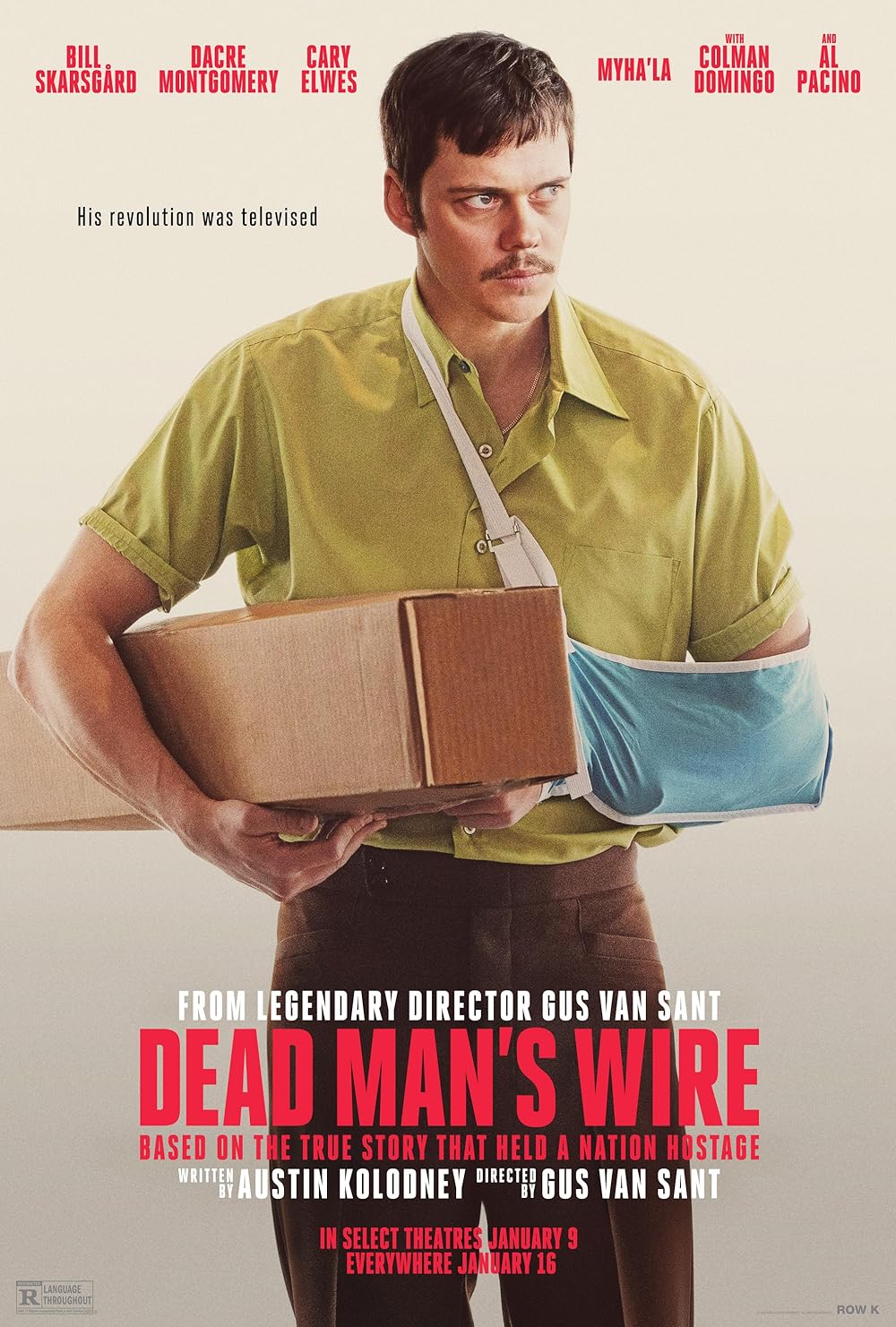

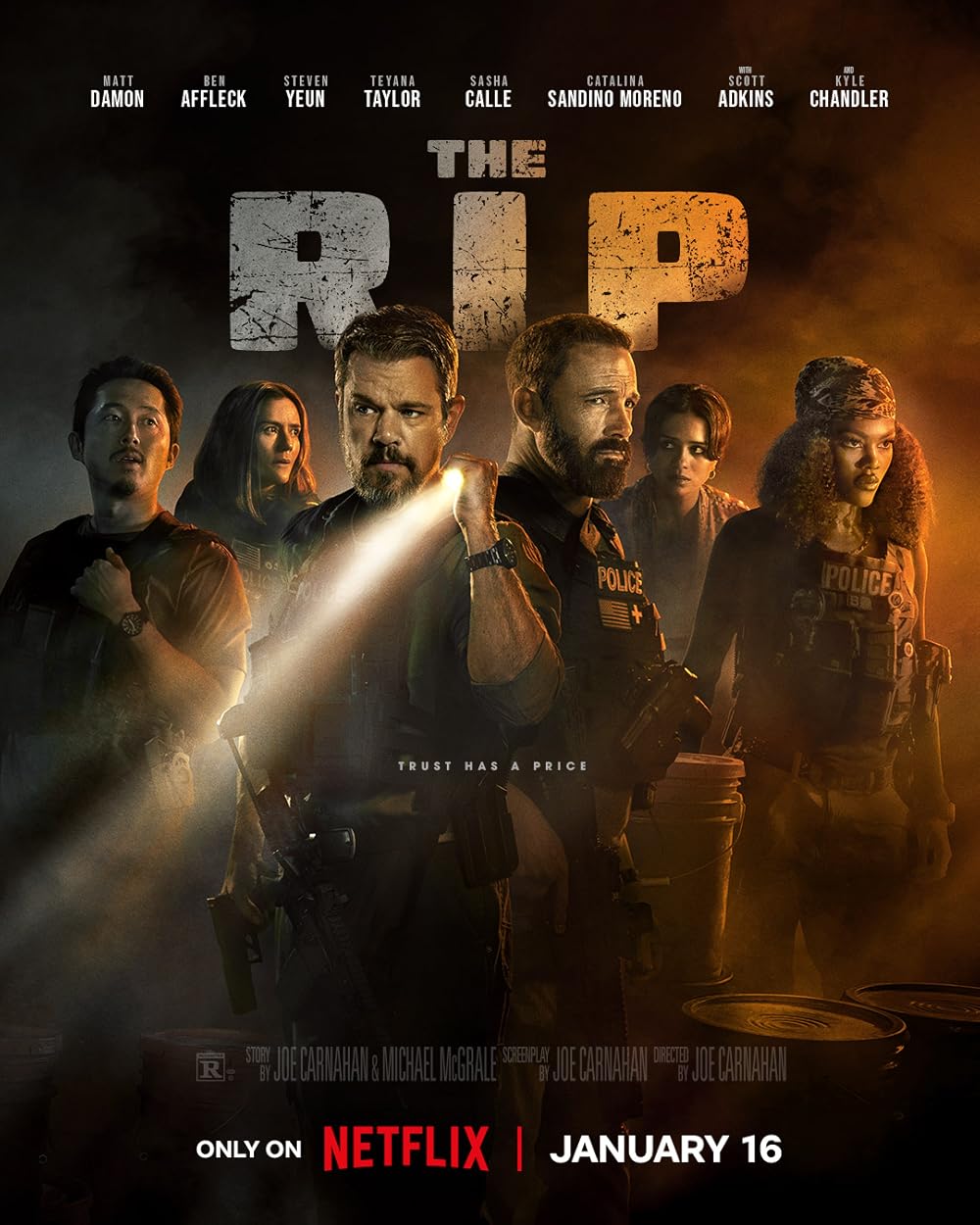 |
January 9, 2026
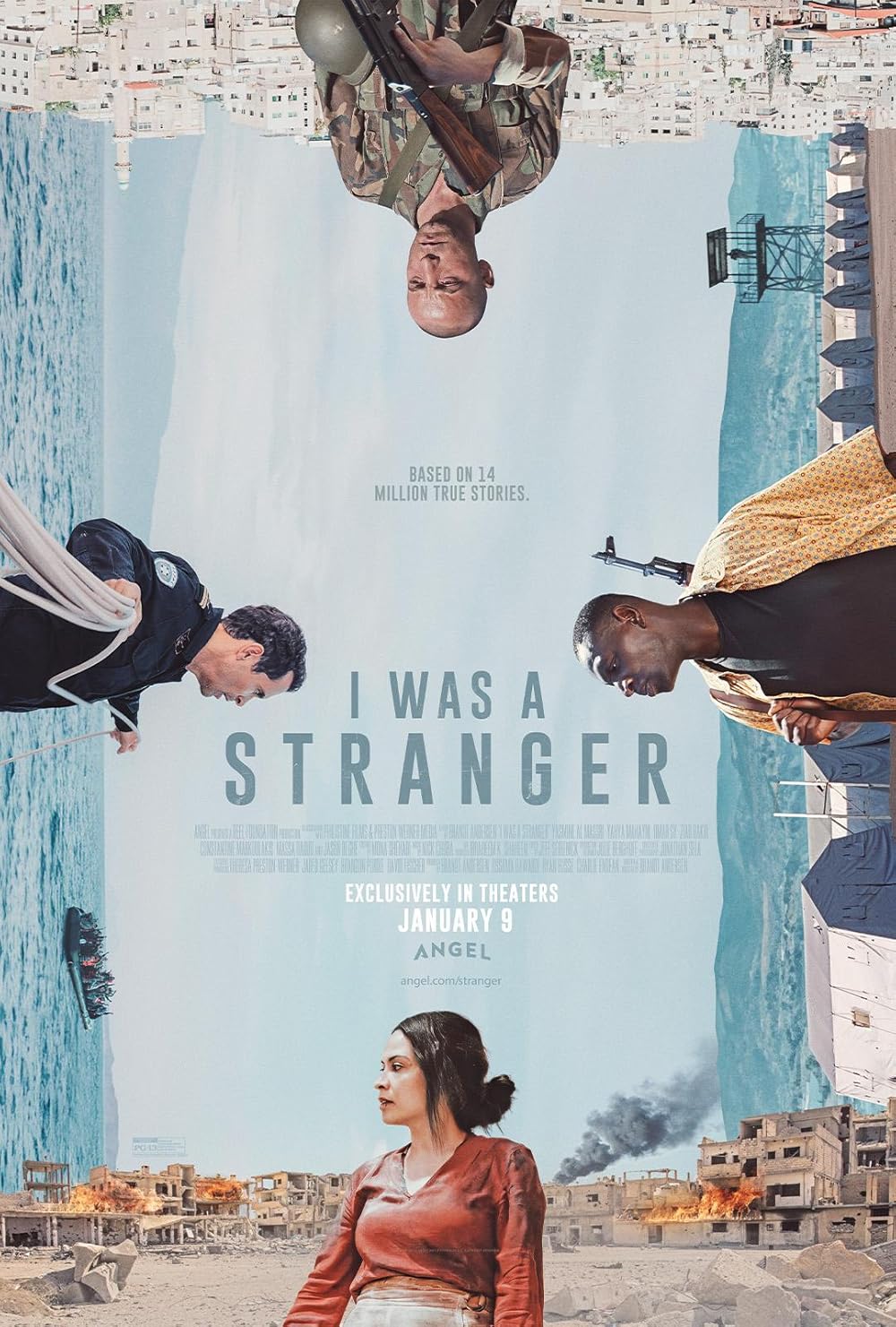
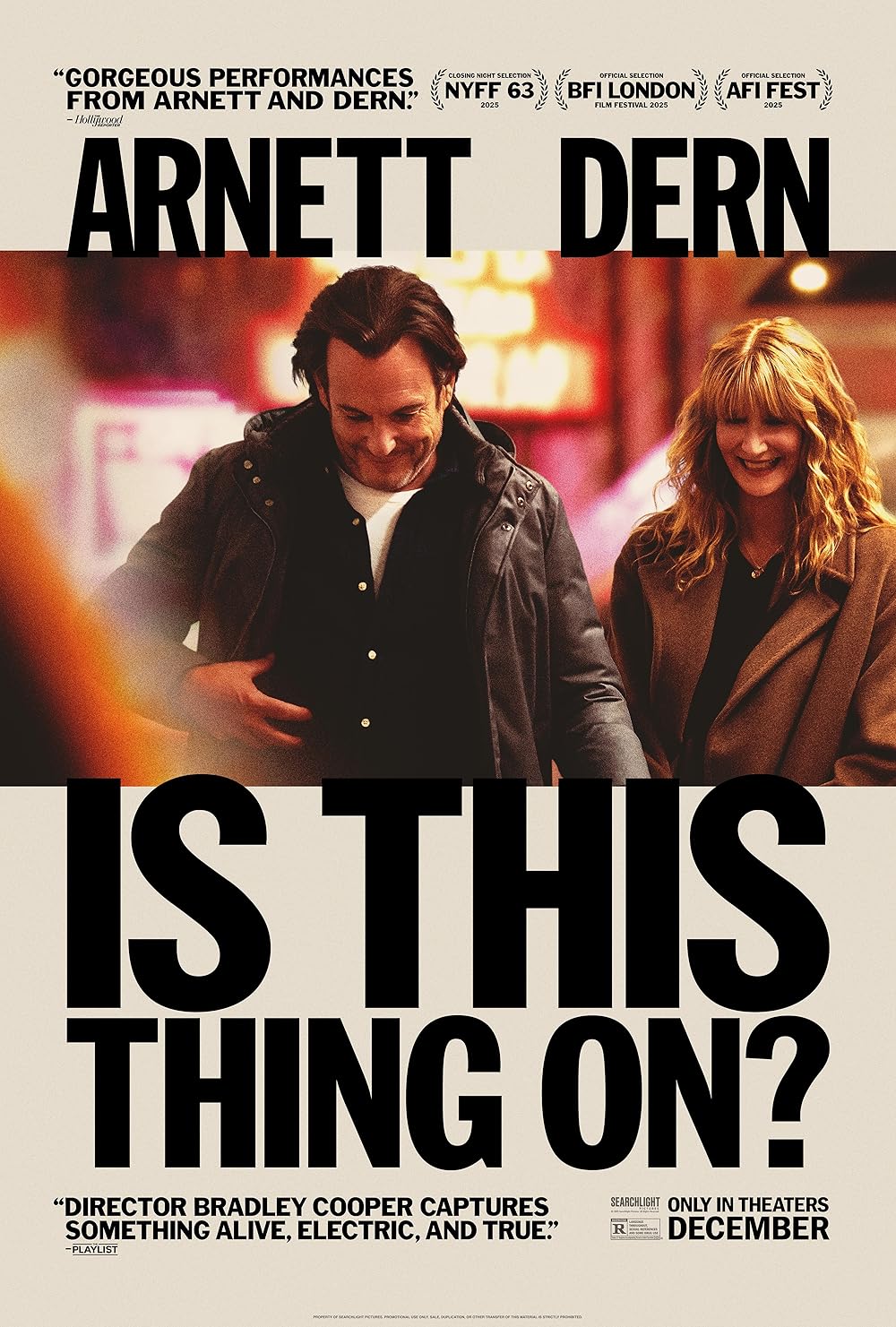 |
January 2, 2026
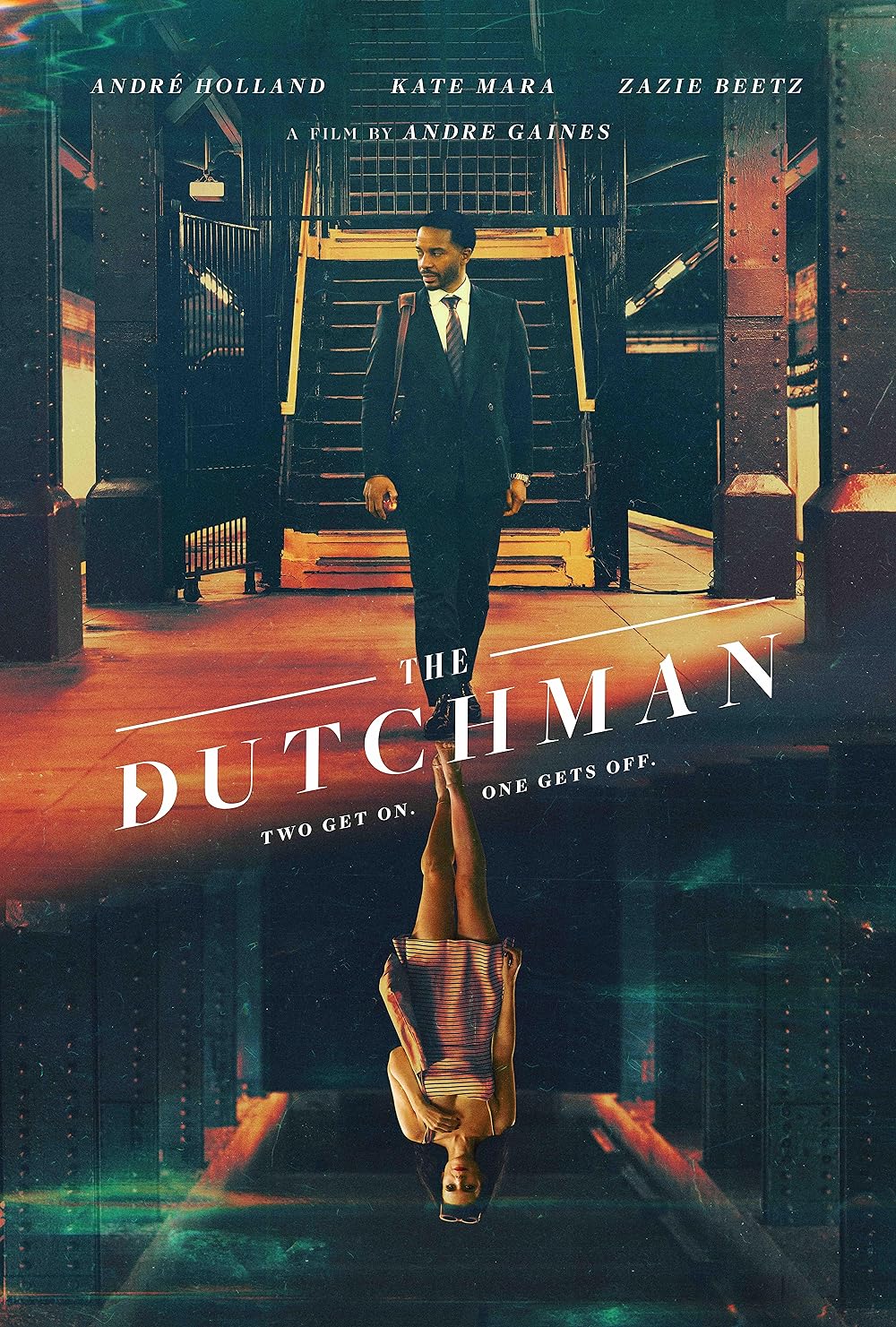
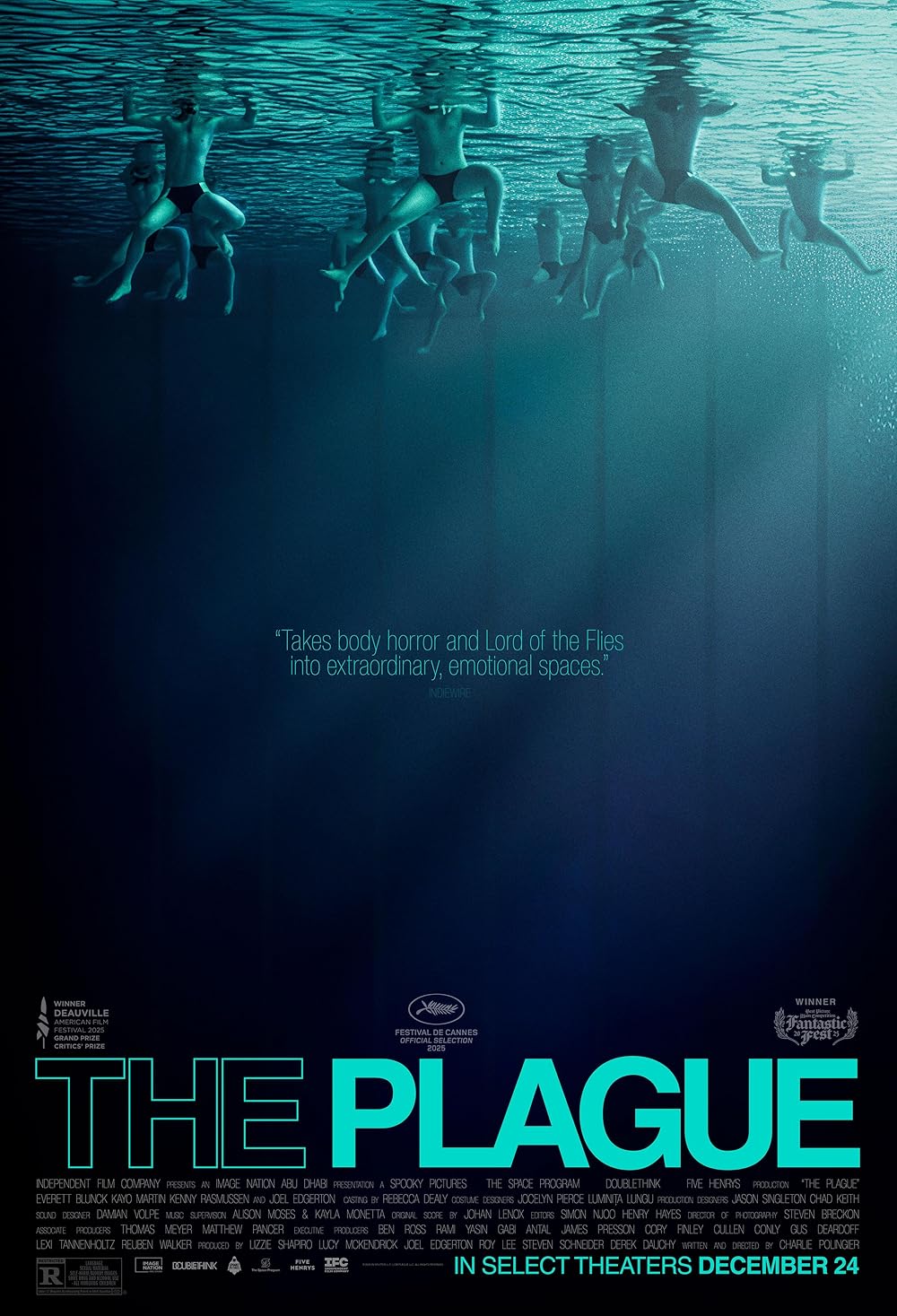
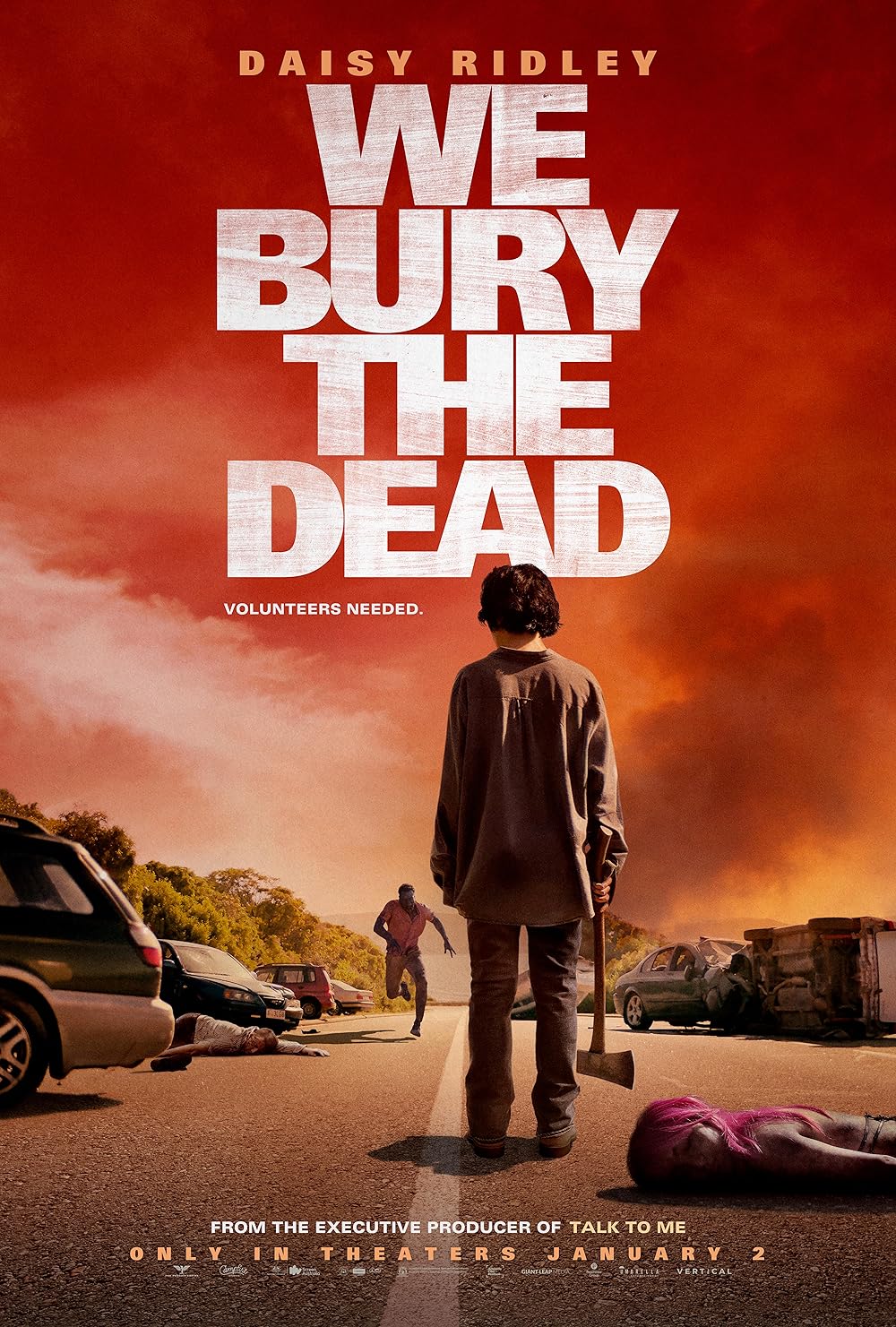 |
December 26, 2025

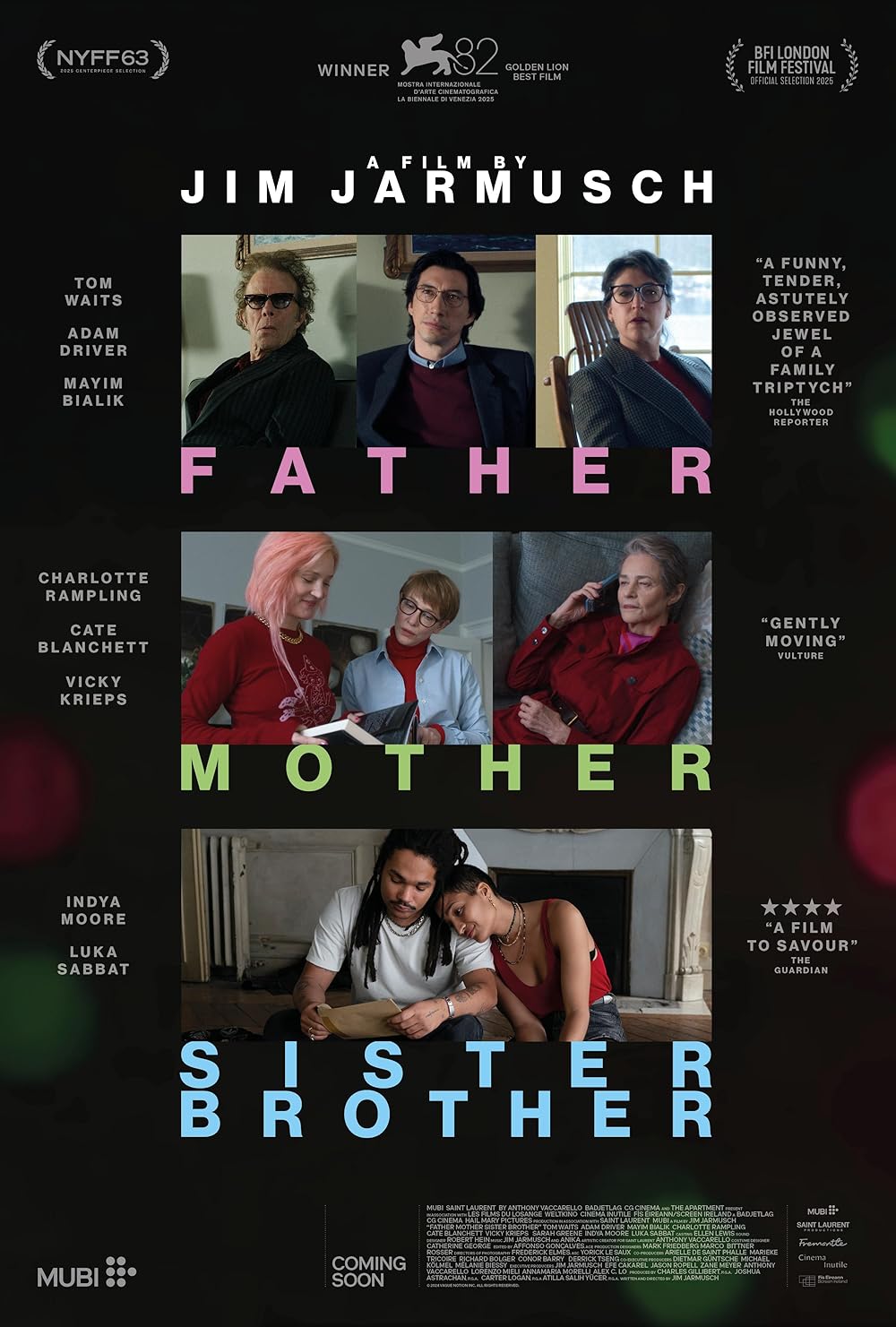
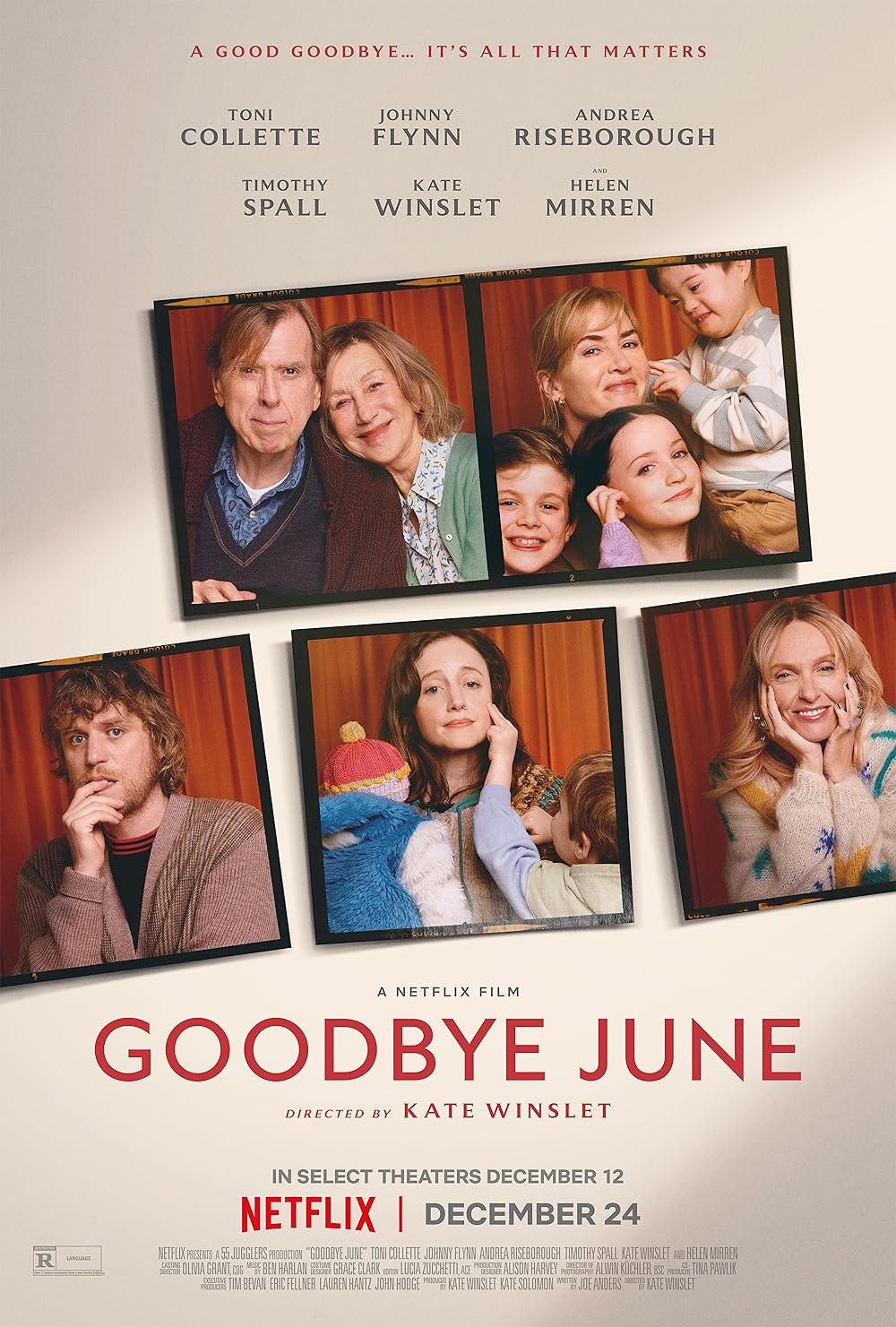
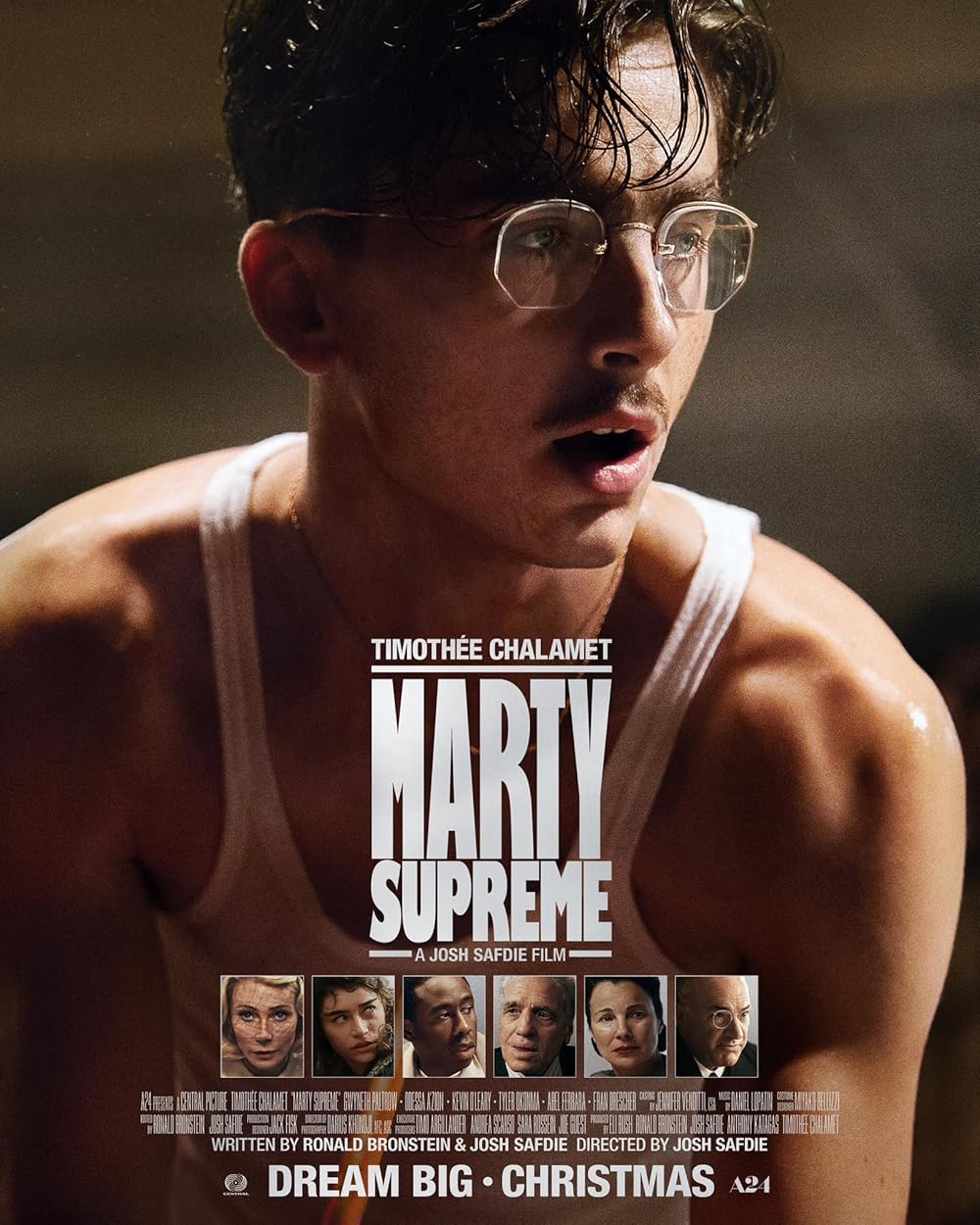
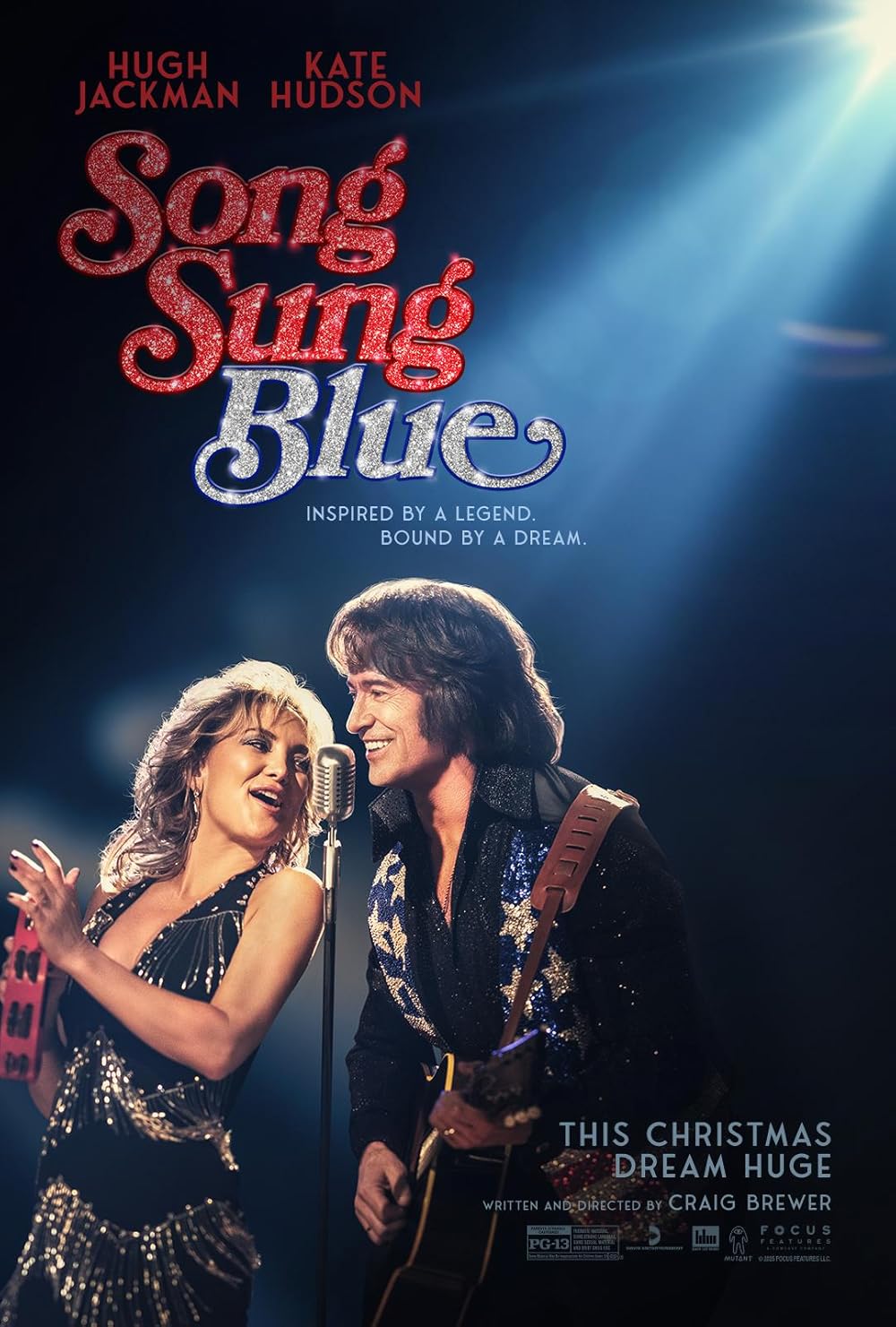
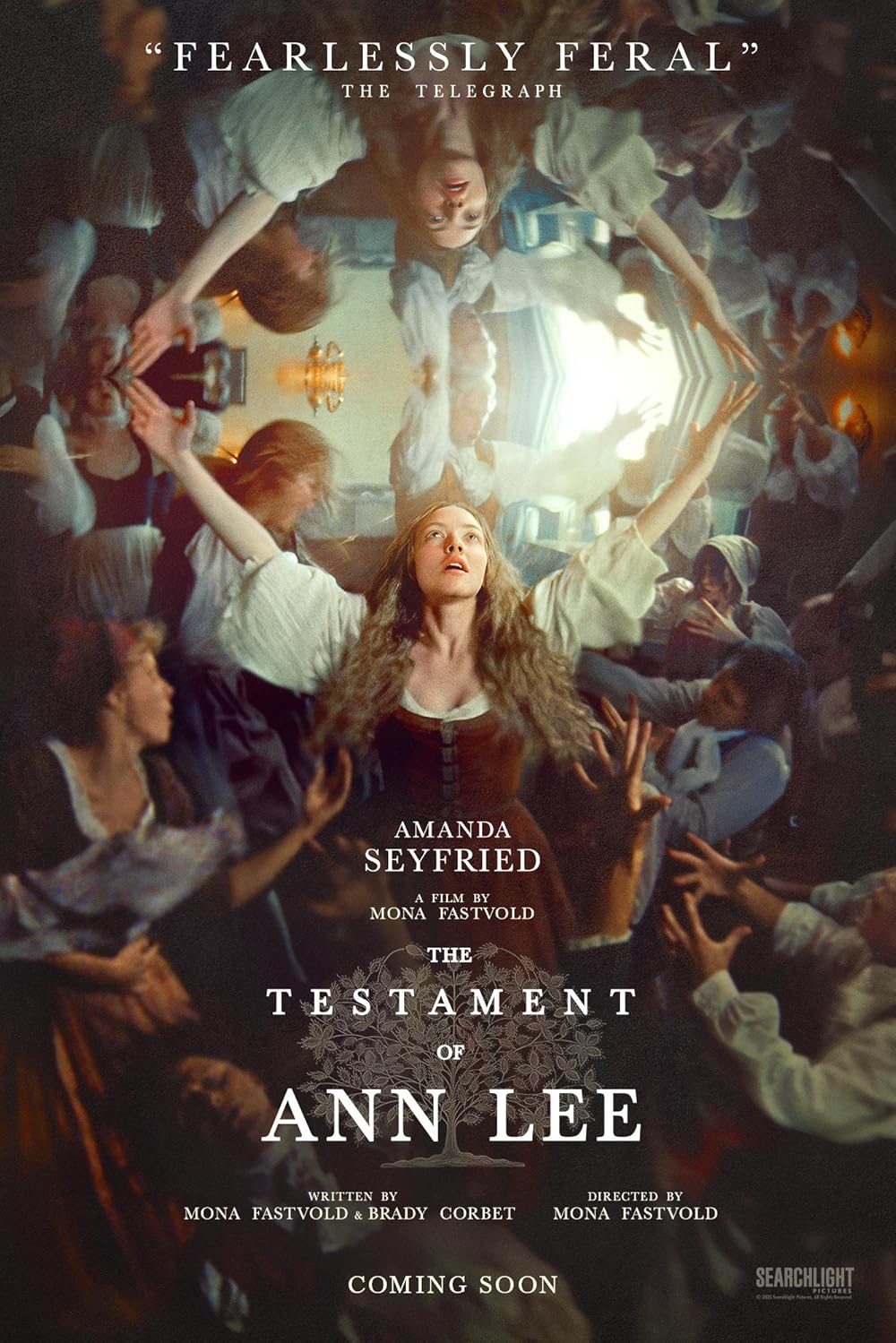 |
December 19, 2025
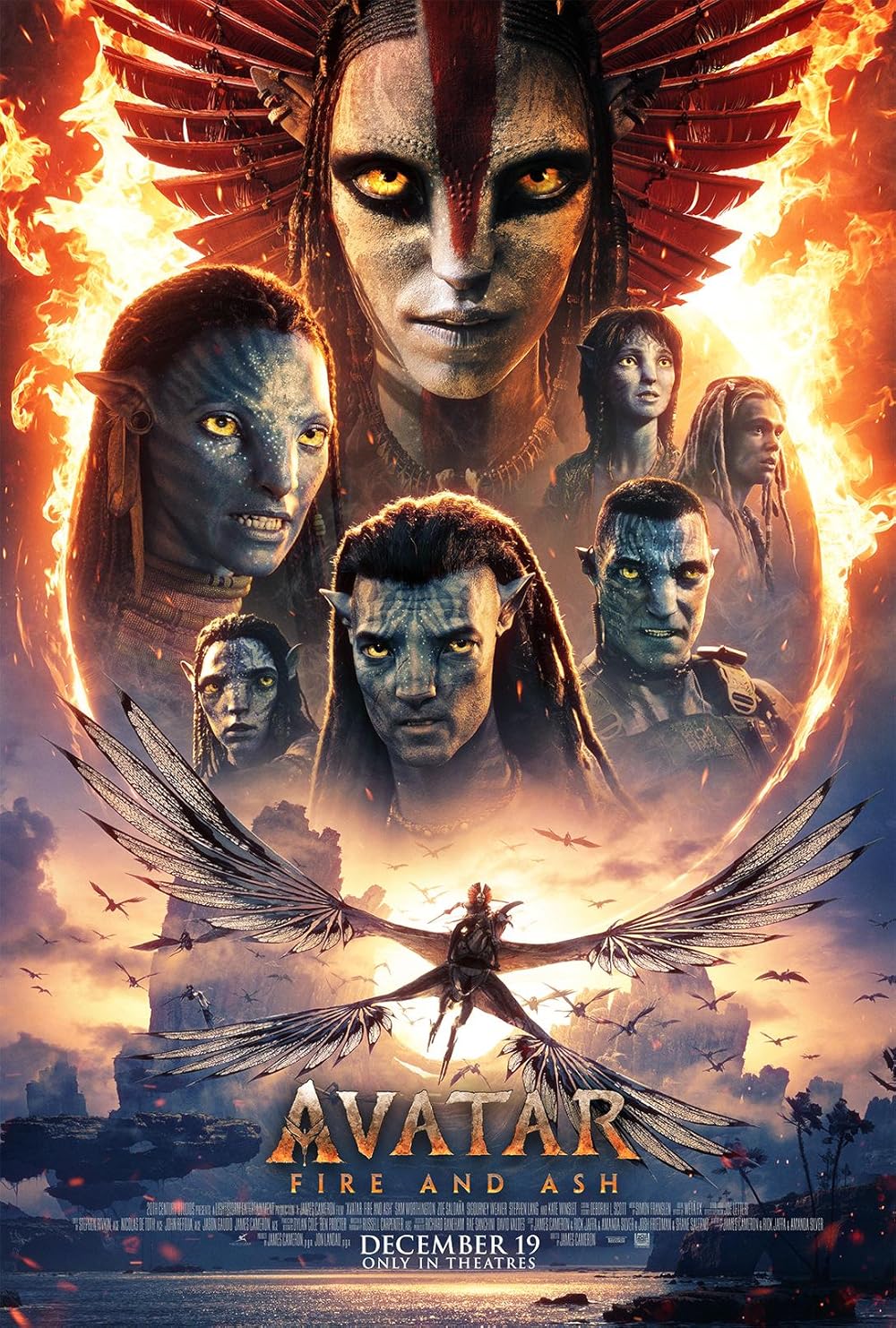

 |
December 12, 2025
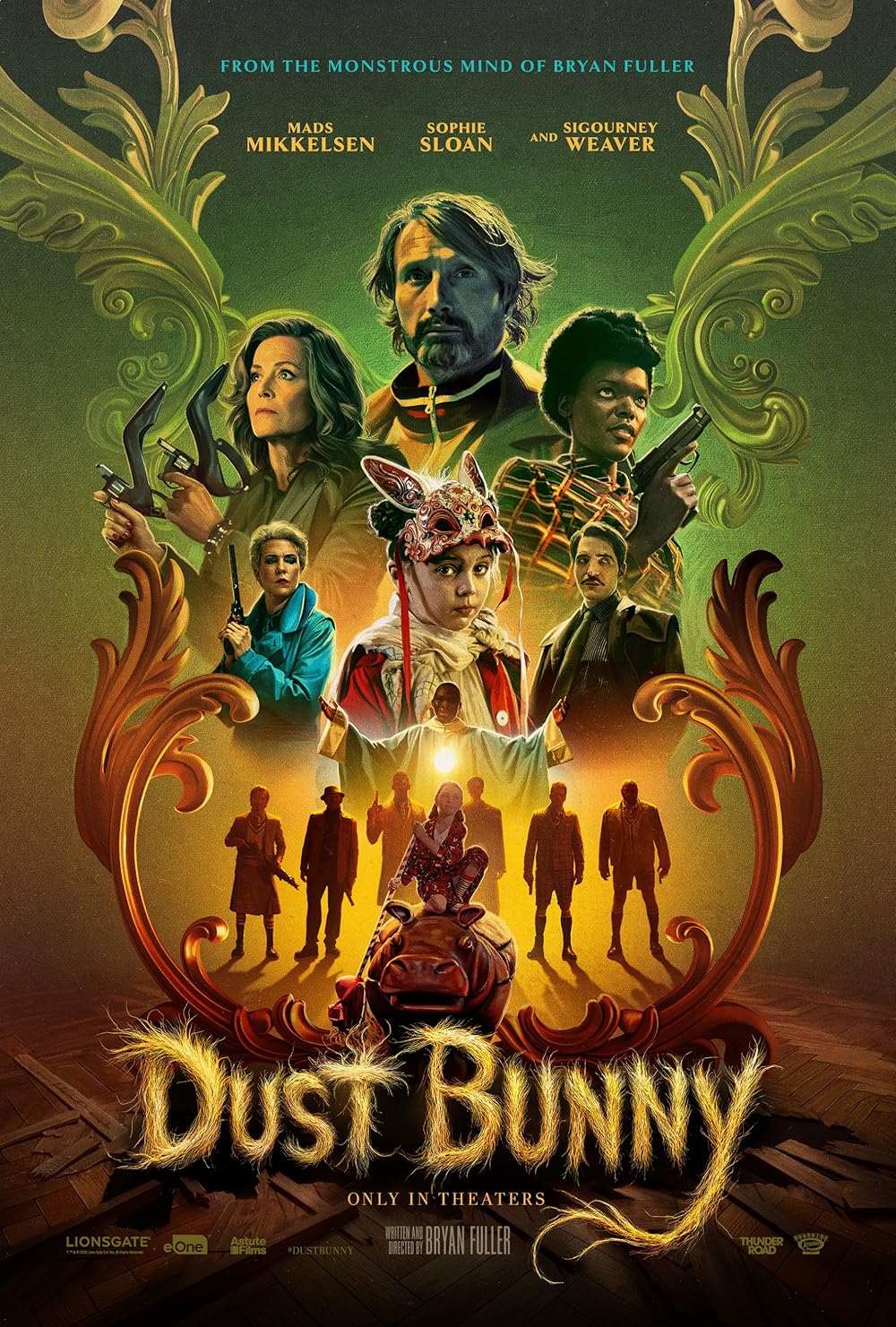
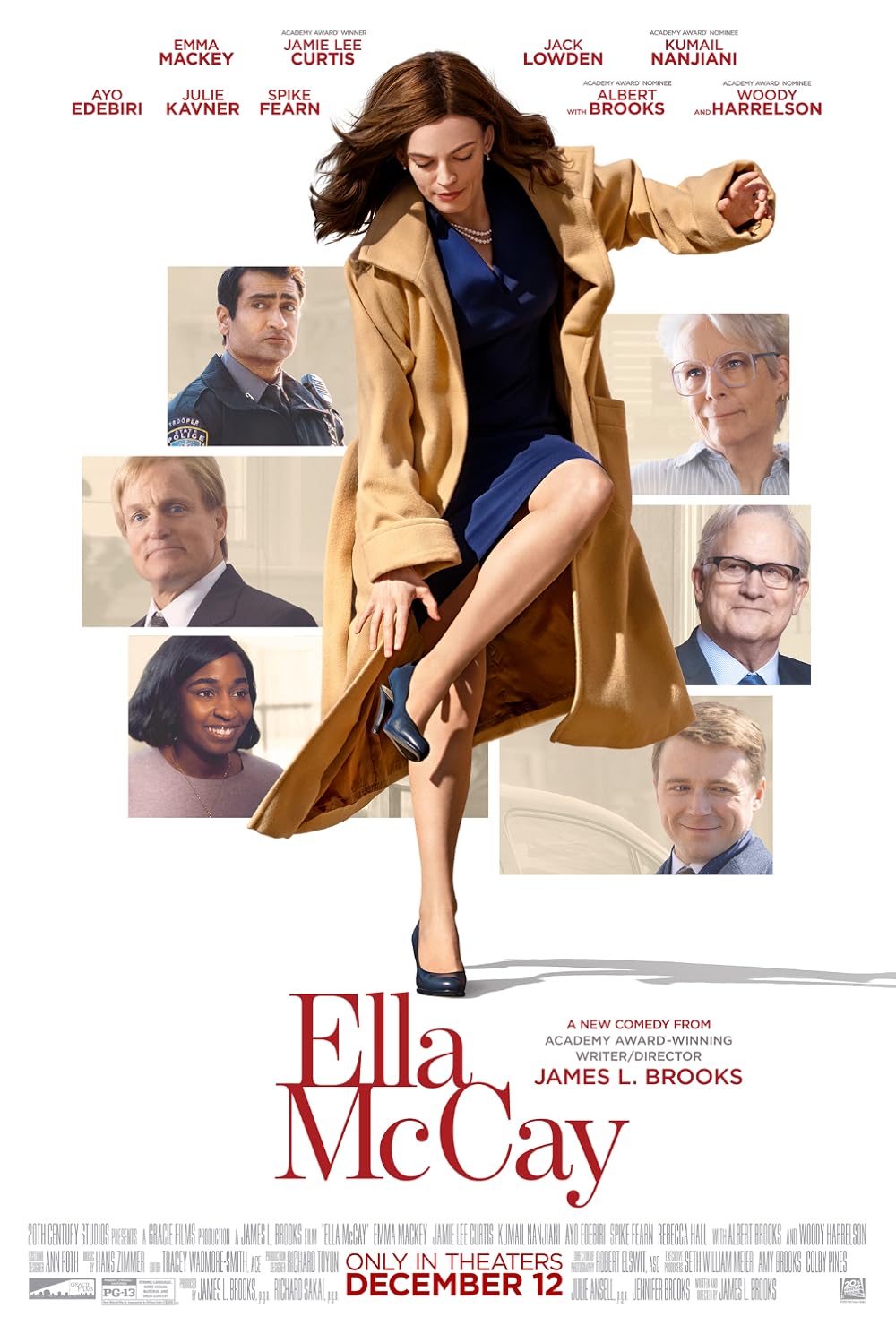
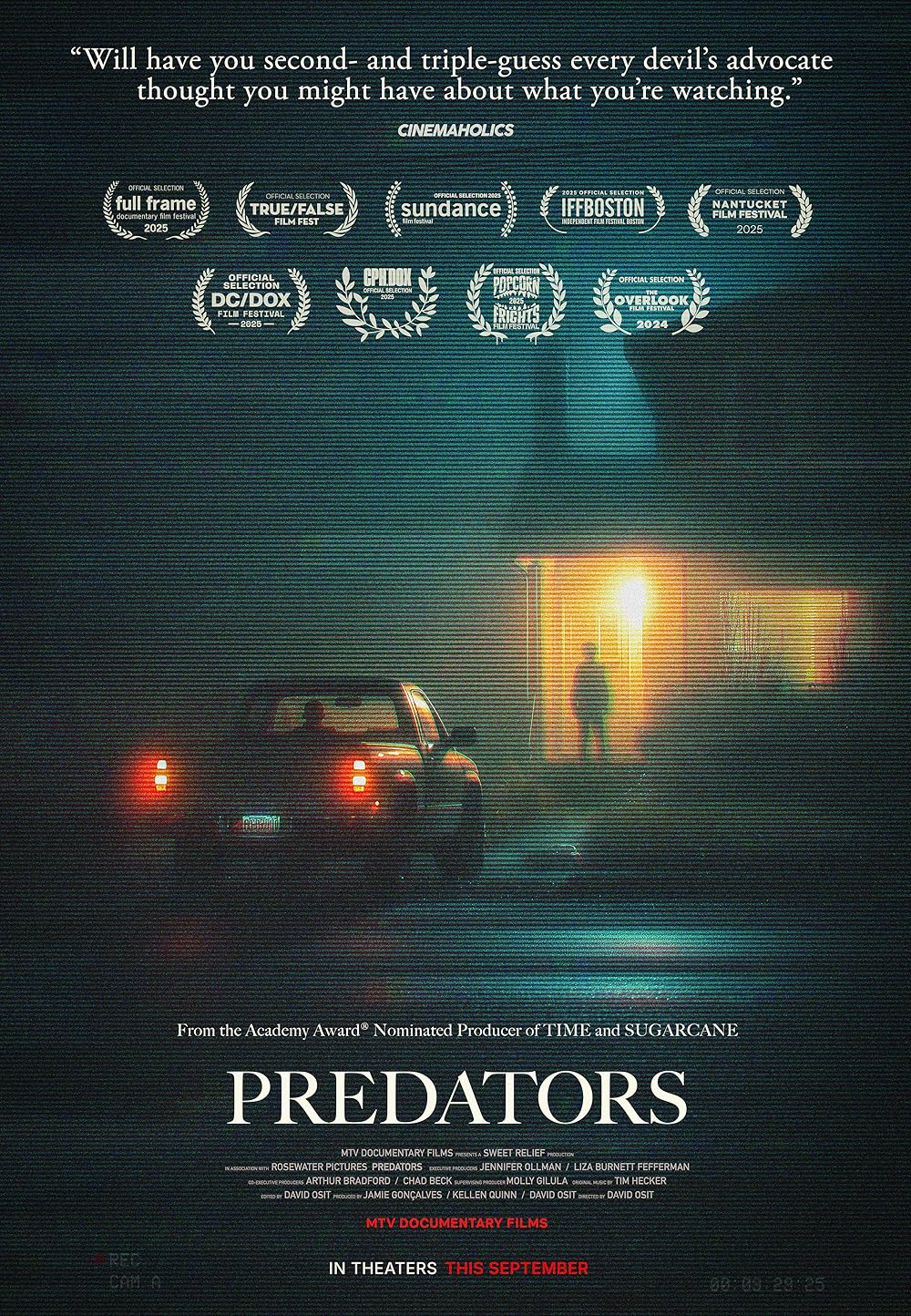
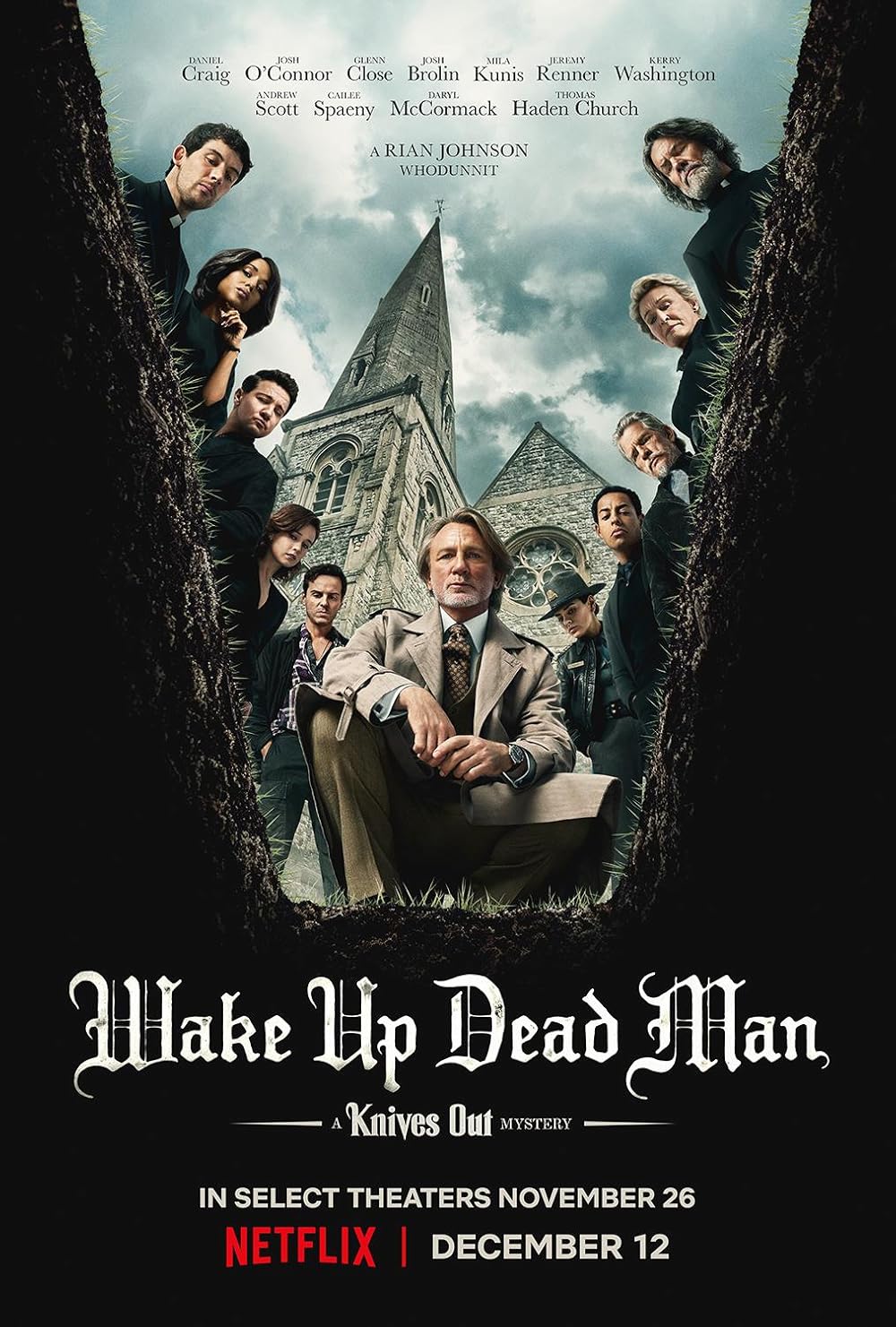 |
December 5, 2025
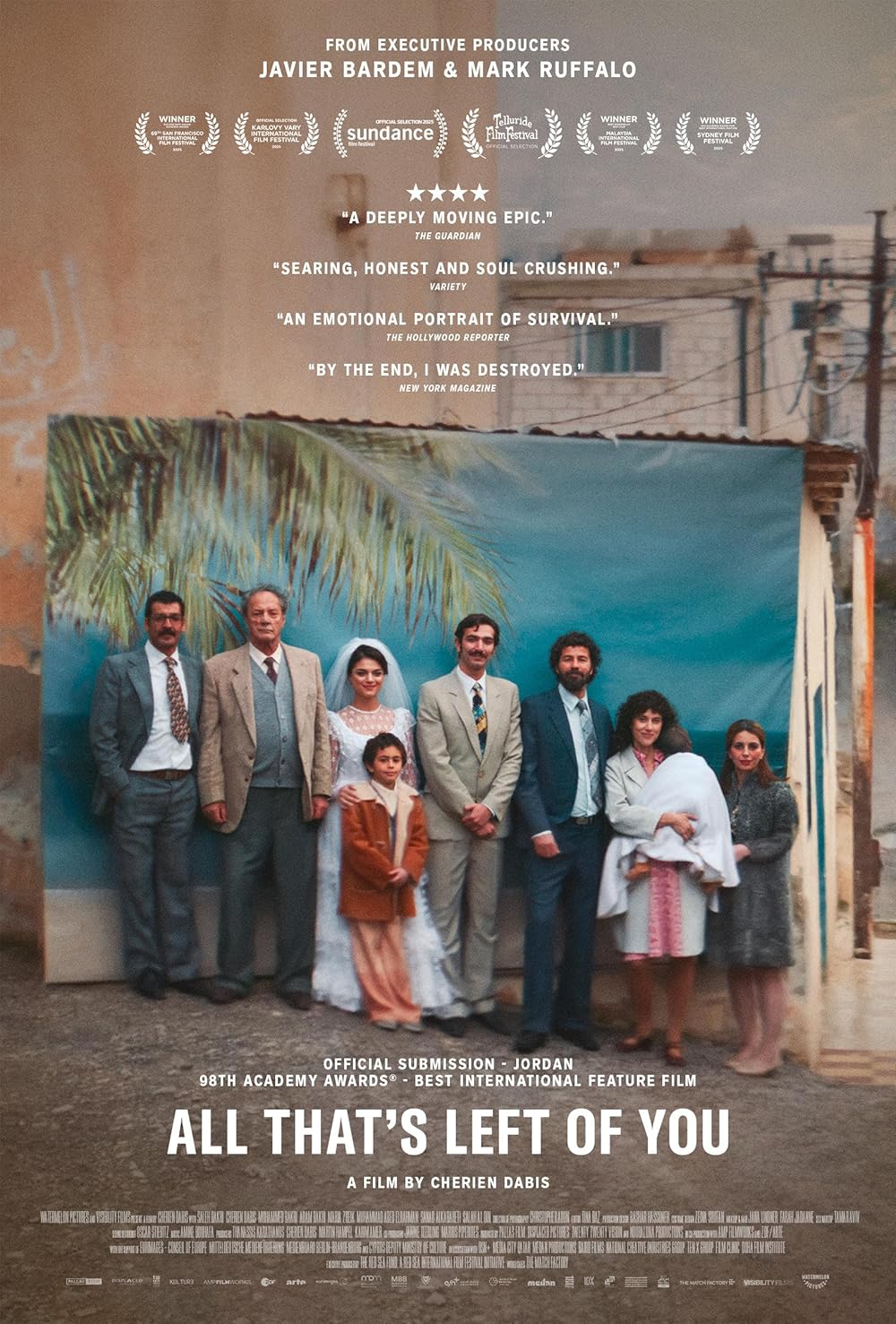

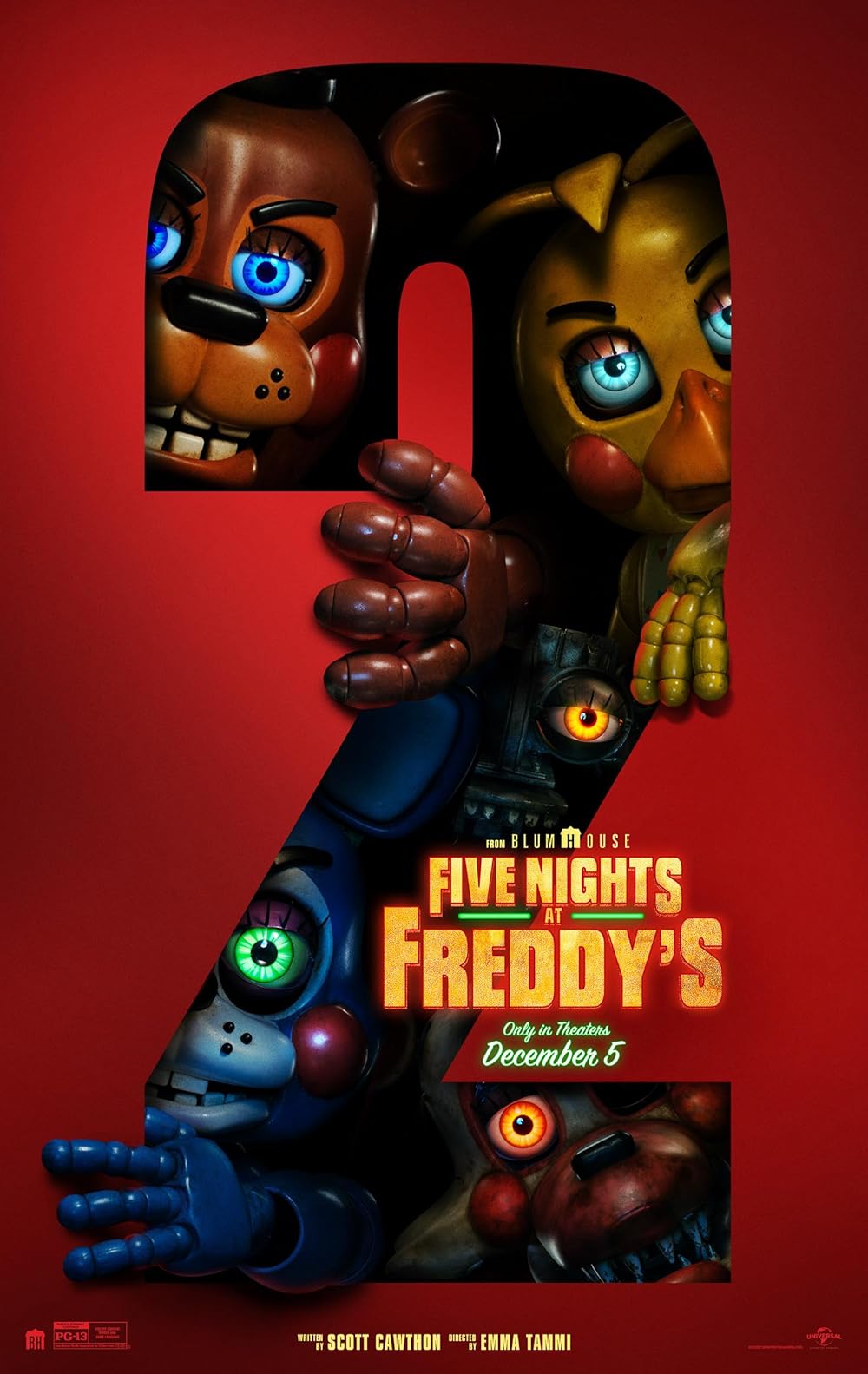
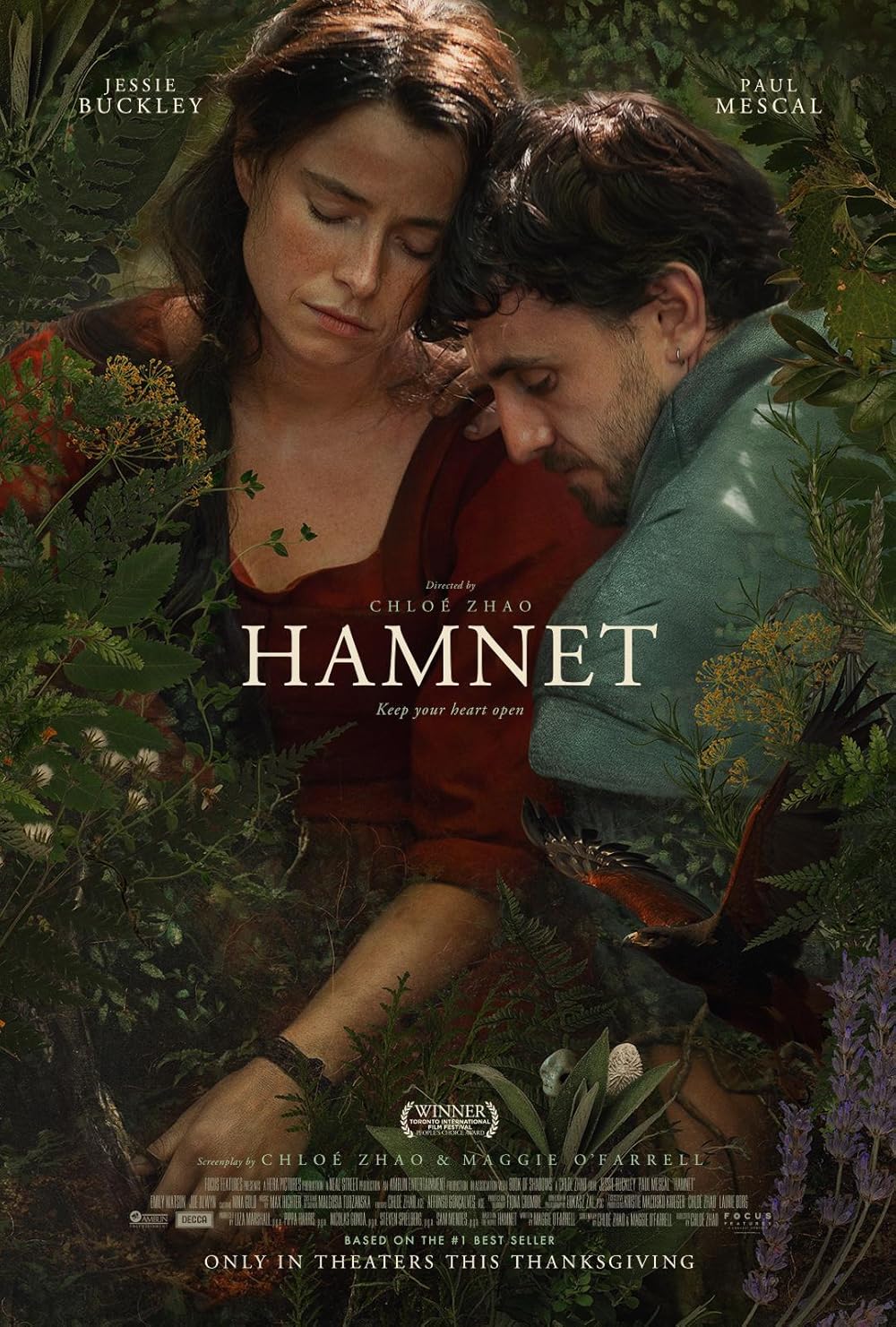
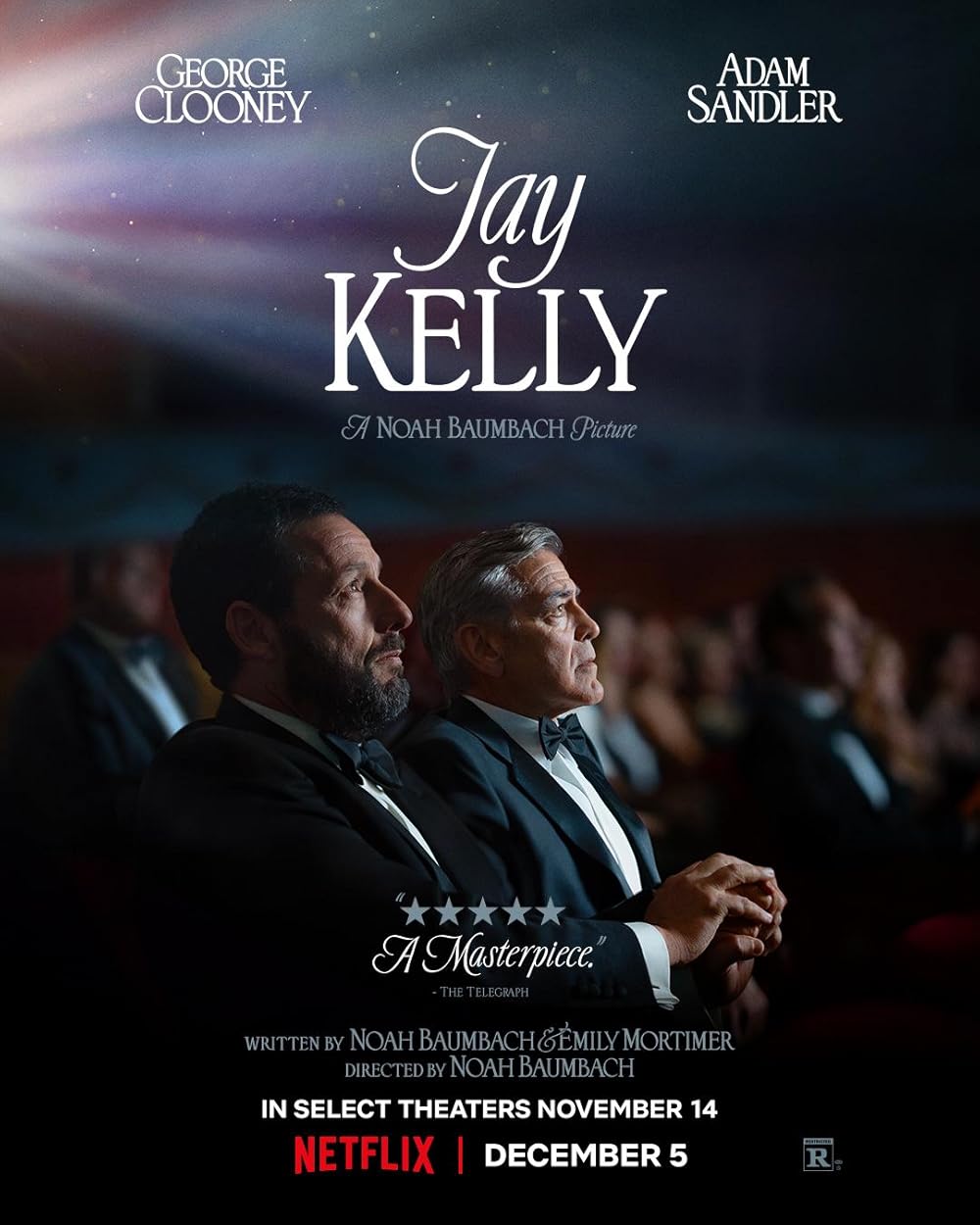
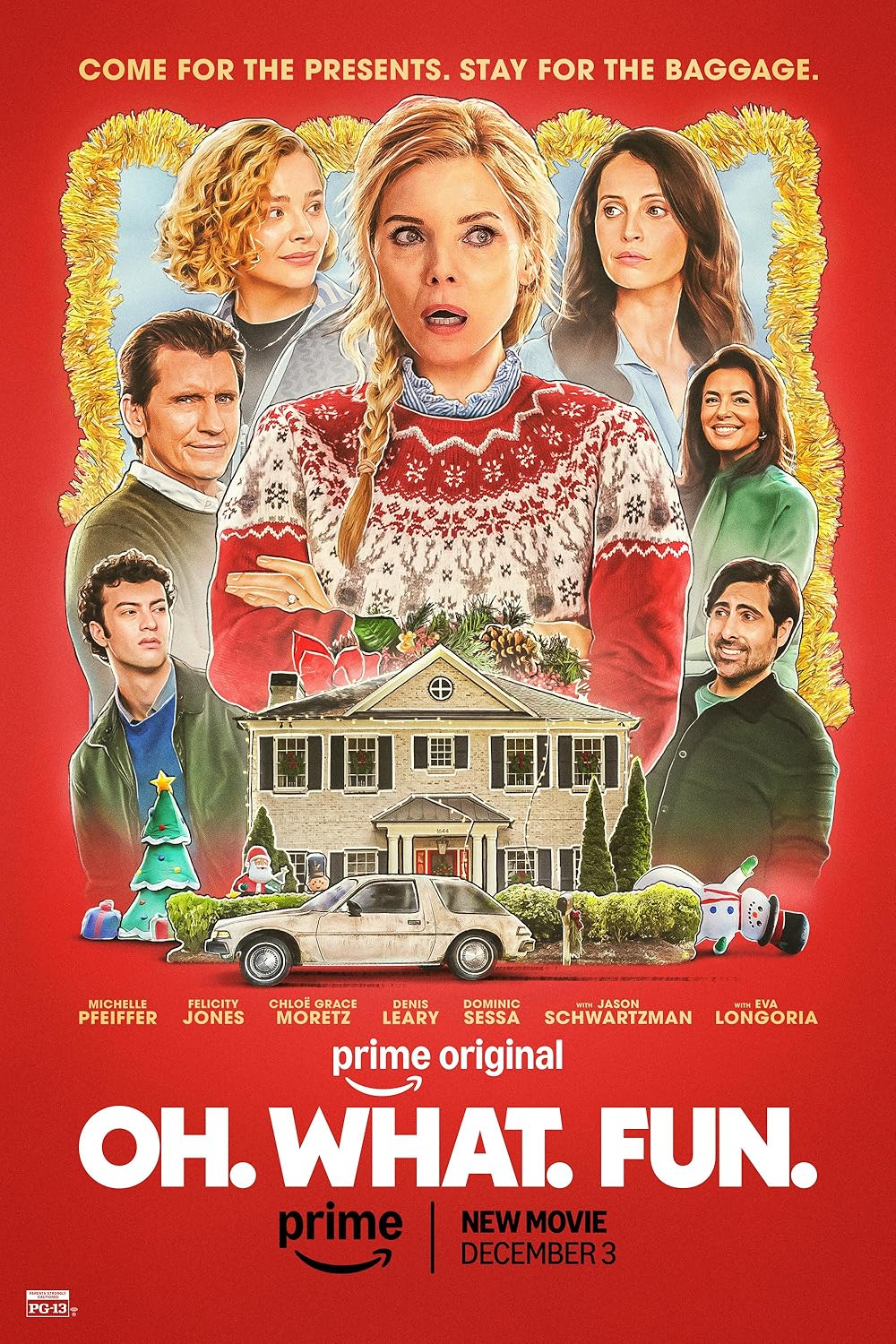
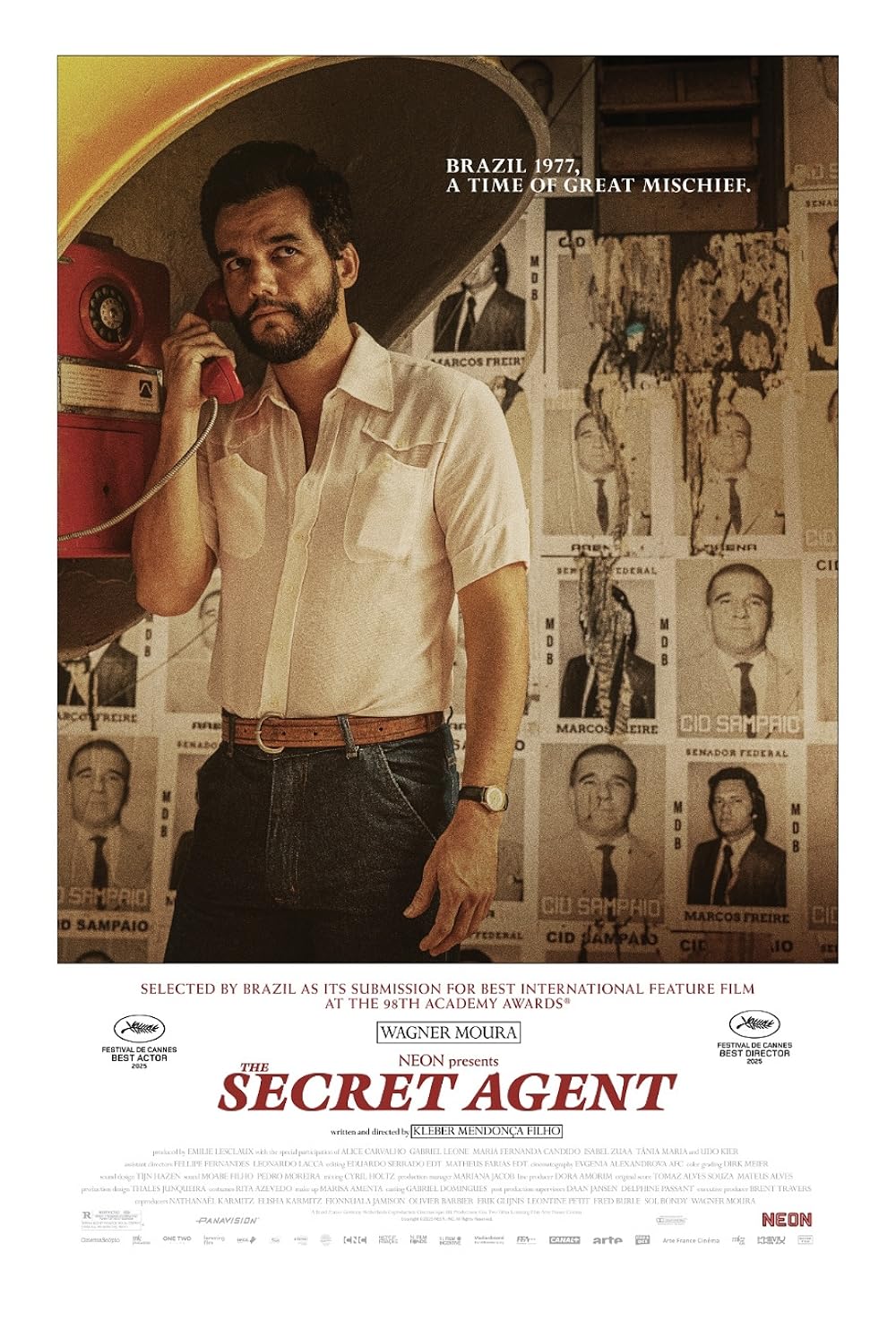 |
|
|
|
Zach’s Top 10 – The 90’s
Go
to Top 10 Lists of the 90's
The 1990’s in film was marked by the rise of
outsiders on the fringe of mainstream cinema, propelling their
previously-obscure name to instant celebrity status with releases of
their films at festivals such as Sundance and Cannes.
It was an era where you didn’t need to have a film degree to make
solid Hollywood
entertainment (Quentin Tarantino, Kevin Smith); all you needed to have
was Harvey Weinstein’s backing and your film would be a success with
both audiences and Oscar voters.
Since none of my top ten films of the 90s were made by Miramax,
few of them received the Oscar notoriety the really deserved (except for
two obvious ones).
Two of these films were set in space; three of them
seemed to take place in the middle of nowhere.
Quite a few of them had truly dysfunctional families; only one of
these families was fictional, but all of them felt painstakingly real.
Interestingly, only three of these films were set in the 1990s;
the rest were historical pieces in one way or another.
Perhaps this reflected the prevailing nostalgia sweeping America,
yearning for major league baseball without players’ strikes, a President
whose sex life was kept private, and a world where O.J. Simpson’s
biggest public faux pas was appearing in the
Naked Gun
films.
10.
Titanic
(James Cameron, 1997) - Yes, it won 11 Oscars and earned a box
office gross larger than the GDPs of most first-world nations.
But beneath the larger-than-life surface of James Cameron’s very
definition of “Hollywood Behemoth” was a striking, beautifully rendered
tale of tragedy and the powerful effect of idealized love.
The only reason the relationship between Jack and Rose works is
because of the appealing and witty leads, Leonardo DiCaprio and Kate
Winslet; but their entire relationship could be put aside for Cameron’s
stunning one-hour sinking of the ship, which plays out nightmarish
second only to the real event.
Hollywood craftsmanship at its
absolute finest.
9.
The War Zone
(Tim Roth, 1999) - Roth’s little-known British import was only in
release for a couple of weeks in the 1990s, but contained some of the
ripest, most riveting performances of the decade, particularly from
previously-untrained actors Freddie Cunliffe and Lara Belmont (whose
performance may be the best of any film from the decade).
The content matter is tough to
stomach (incest), the lush
Devon
atmosphere is claustrophobic, and the overall tenor is downtrodden and
melancholy.
But if you can
endure the film’s unrelenting brutality, you will recognize its
incredible staying power.
8.
Contact
(Robert Zemekis, 1997) - Quite simply, the best, fairest film ever
made about the divide between science and faith, while also containing a
keen knowledge of political and corporate shrewdness.
When signals are broadcast to earth from the distant planet Vega,
scientist Ellie Arroway (Jodie Foster) leads a team that will hopefully
uncover the greatest discovery of all time.
Excellent writing, with superb visual effects and a story that,
despite its length, feels like is told in half the film’s running time
because of how compelling it is.
7.
The Bridges of Madison County
(Clint Eastwood, 1995) - The ultimate example of how a movie can be
better than the book on which it is based, Eastwood transcends the
carnal trappings of the Waller novel into something profound and
fleeting – the search for meaning and love in a banal, mundane world.
The two leads (Eastwood and Meryl Streep) have astonishing
chemistry, to be sure; and Streep’s vivacious Iowan housewife
transplanted from her native Italy is strikingly believable,
particularly in a mesmerizing sequence taking place in a car during a
rain storm (arguably the best single scene from any film of the 1990s).
Eastwood is an economical, classical storyteller who takes his
time to weave a tragic narrative that can be read multiple ways, but
consistently remains universally affecting.
6.
The Man in the Moon
(Robert Mulligan, 1991) - A small, touching drama from director
Mulligan (whose only other notable credit was
To Kill a Mockingbird)
chronicling a summer romance between 14-year-old Dani Trant (Reese
Witherspoon, in her motion picture debut) and an older neighbor boy
named Court (Jason London).
The film is wholesome and sweet, but fun and unpredictable too, with
formula and cliché sidestepped in favor of subtle, careful character
development and powerful exchanges of first love.
The film’s final ten minutes are a complete change in mood to the
earlier joy and serenity, but contain passages of truth and love that
are rarely seen at the movies.
5.
GoodFellas
(Martin Scorsese, 1990) - Better than
The Godfather, Scorsese’s
iconic entry into the fabled gangster genre of American cinema is so
much more about thug life.
It is about the hopes and dreams of average Americans, the rise and fall
of families and friendships, and even the quest for adventure in a world
that too often seems dead.
Equipped with one of the best soundtracks ever put on film, Scorsese
once again provides a riveting storyline met with equally memorable
performances and an array of technically impressive shots and framing
devices.
4.
Crumb
(Terry Zwigoff, 1995) - A spellbinding, hilarious, heartbreaking
documentary about Robert Crumb, the 1960s-infused pop cartoonist behind
such iconic images as “Keep on Truckin’” and Fritz the Cat.
The film manages to be about three things simultaneously –
Crumb’s artwork and its integration of events from his own life, Crumb’s
cult of celebrity, and Crumb’s wildly unusual family.
A film about sex, fractured
relationships, and (on a deeper level) the power of art to transcend the
perils and struggles of ordinary life.
James
Berardinelli has a wonderful quote about this film and its morally
ambivalent titular figure: “Whatever opinion a viewer has of Crumb at
the end of this film, an apathetic reaction is unthinkable.”
Is that not all we can hope for when we go to the cinema?
3.
Schindler’s List
(Steven Spielberg, 1993) - Spielberg’s film is not merely a
retelling of the horrors of the Holocaust; it is actually more effective
as a portrait of an opportunistic bureaucrat (Liam Neeson) who slowly
uncovers the startling truth about Nazi attitudes toward “inferior
peoples” and, on a larger level, learns the gift of compassion and care.
A stunning ode to the heroics of survivors of the Holocaust, and
the few individuals brave enough to risk their personal well-beings for
the safety and livelihood of those singled out by rampant ideology gone
awry.
2.
Apollo 13
(Ron Howard, 1995) - A deliberate, intentional film that moves
swiftly and gracefully, leaving its viewer with little time to catch his
breath.
Director Howard
knows that viewers are aware of the eventual triumph over potential
tragedy during the failed spacecraft’s voyage to the moon in 1970, so
instead he opts to focus on the incredible unity and cohesion of the
astronauts and NASA engineers who dedicated countless hours to the safe
rescue of three men stranded in outer space.
A testament to teamwork, vision, and the power to endure through
failure.
1.
Fargo
(Joel and Ethan Coen, 1996) - A masterpiece from its very first
frame to its bittersweet final reel,
Fargo
never really tries to
be the best film of the 1990s.
Its low-key, droll depiction of “Minnesota nice” is
less-than-spectacular in comparison to
Titanic
or
Schindler’s List; but like
Madison County, its
characters, story, and dialogue more than make up for the lack of
scenery (even though Roger Deakins’ cinematography is, for the record,
quite accomplished).
A true
example of a completely and utterly unpredictable film, Fargo
begins as a polished portrait of a complex money-making scheme on
the part of unscrupulous car salesman William H. Macy, but unbelievable
ends up the story of the chirpy policewoman (Frances McDormand,
astonishing) uncovering the truth behind a series of grisly roadside
murders.
Movies aren’t made
like this, with respect and delicate care shown toward its memorable
characters and fascinated audience.
So much of this movie are scenes that, ostensibly, serve little
purpose except to advance the feeling of inimitable northern hospitality
and character development; but that may be the point of the Coens here,
to show not the insidious details of a few murders, but to illustrate,
to deadpan humor and shocking depravity, the contradictory extreme
spectrums of human nature.
A perfect film, quotable, revealing, insanely entertaining, void of a
single flaw, masterful in its first viewing or its 100th.
A gold standard by with filmmakers and lovers of the medium
should adhere by.
|
|
New
Reviews |
Reactions to the Nominations
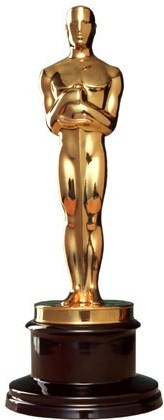
Written Article - Todd |
2026 Oscar Predictions: Final

Written Article - Todd |
Todd Most Anticipated #5

Podcast Featured Review |

Podcast Review - Todd |

Podcast Review - Terry |

Podcast Review - Zach |
10th Anniversary
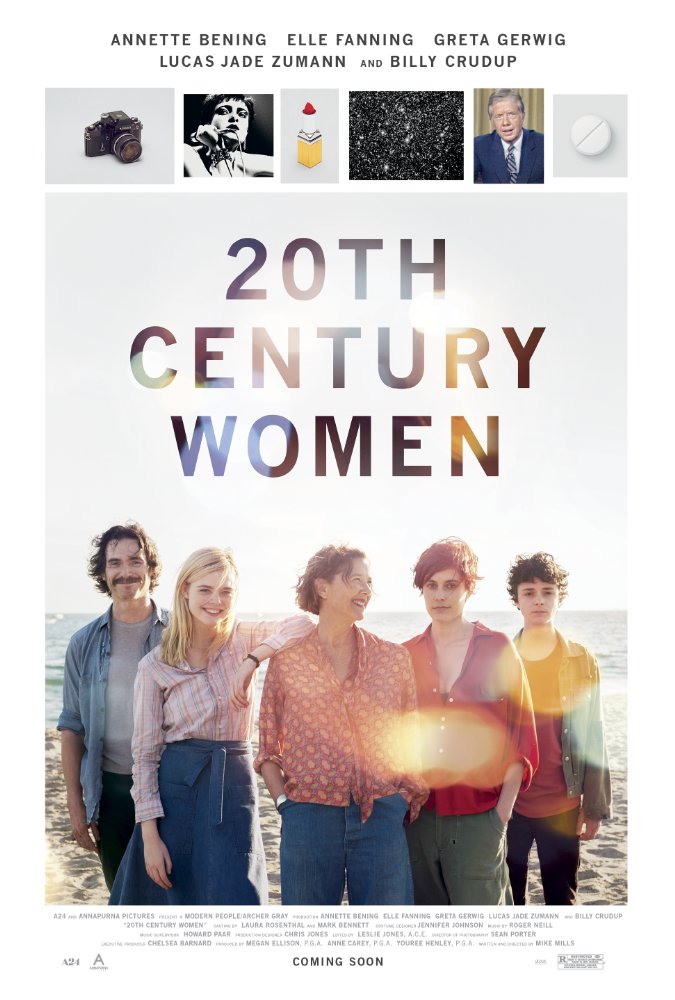
Podcast Oscar Review - Terry |
Director Blindspot Watch
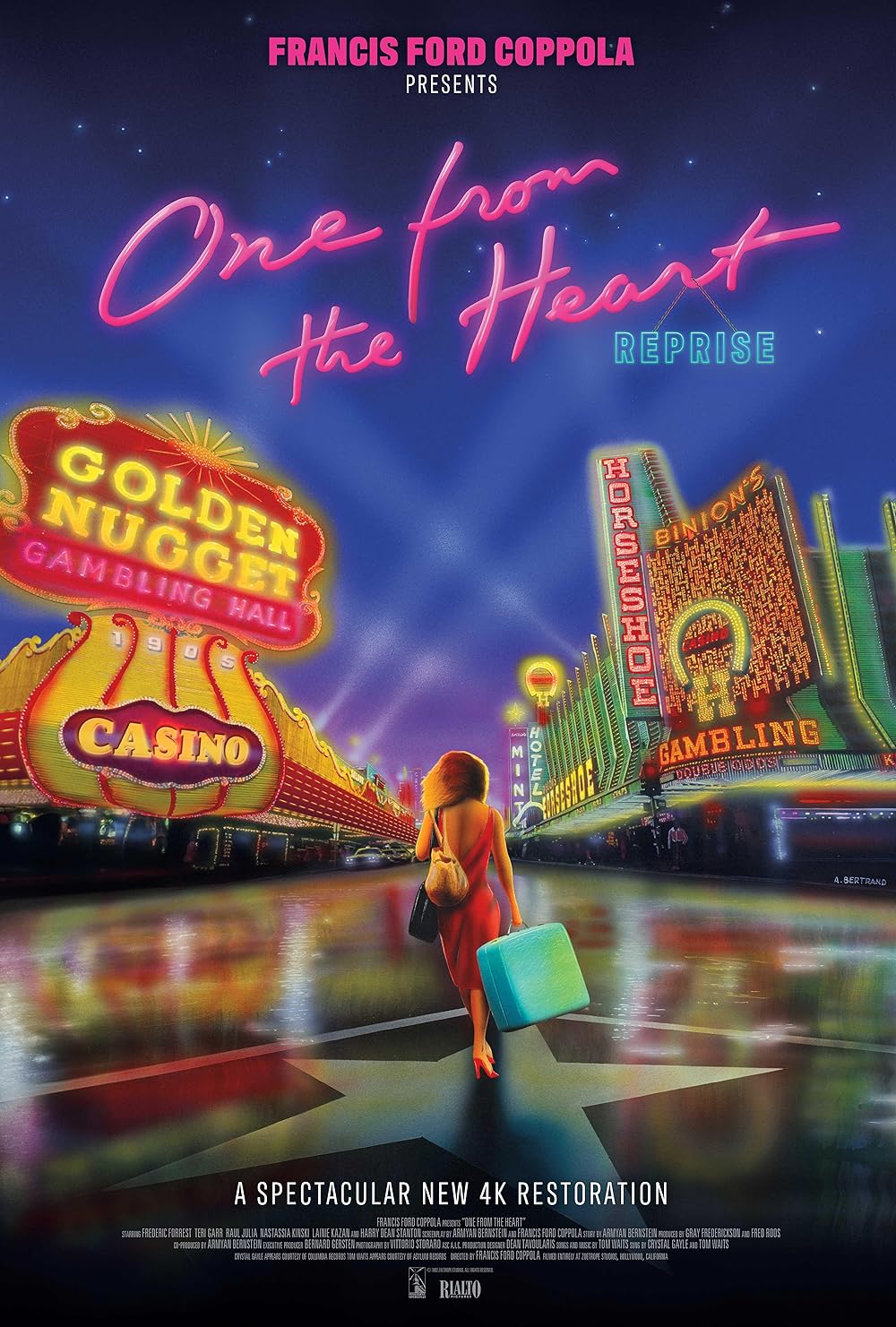
Podcast Review - Todd |
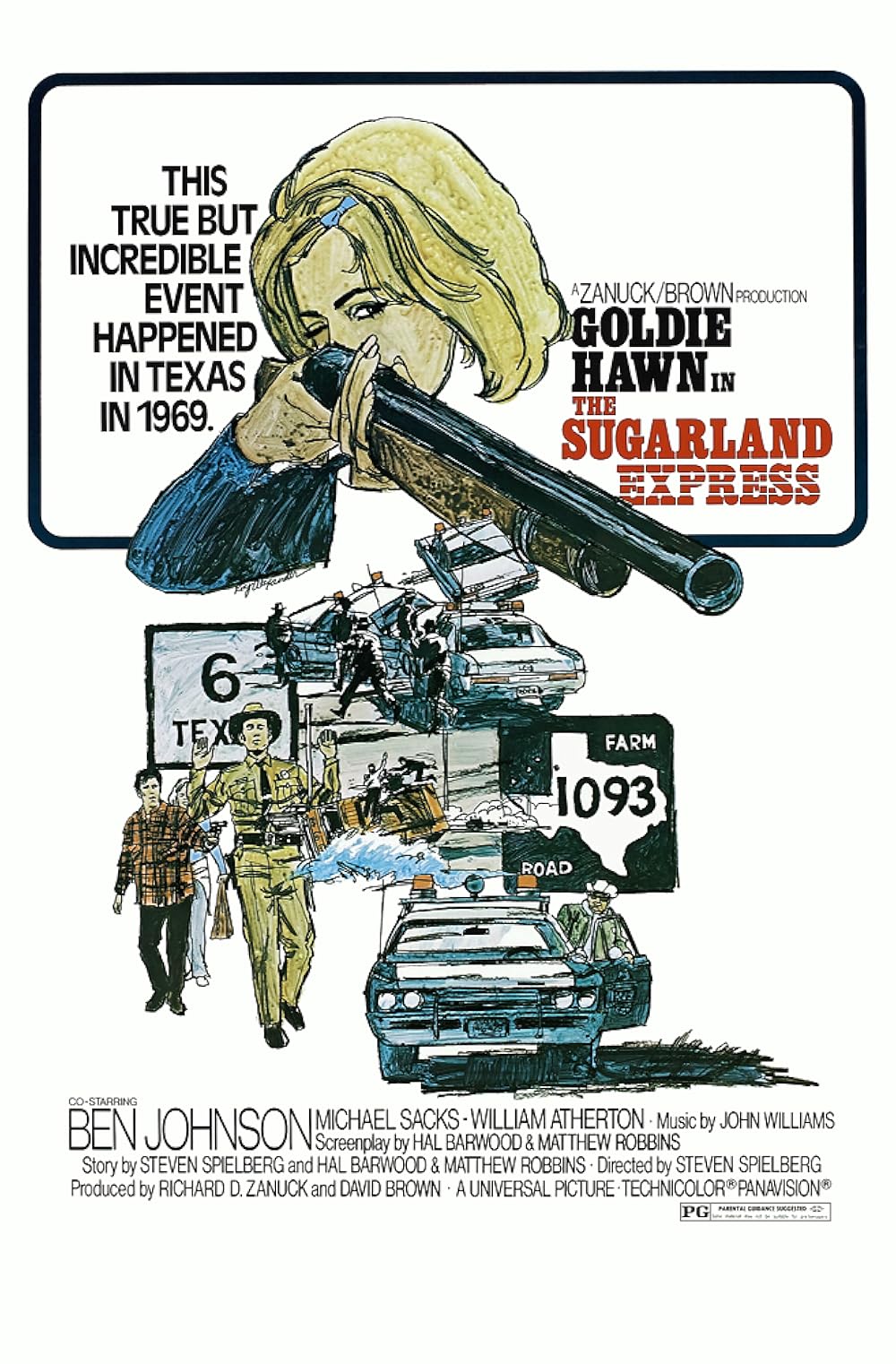
Podcast Review - Zach |
Ford Explorer Watch
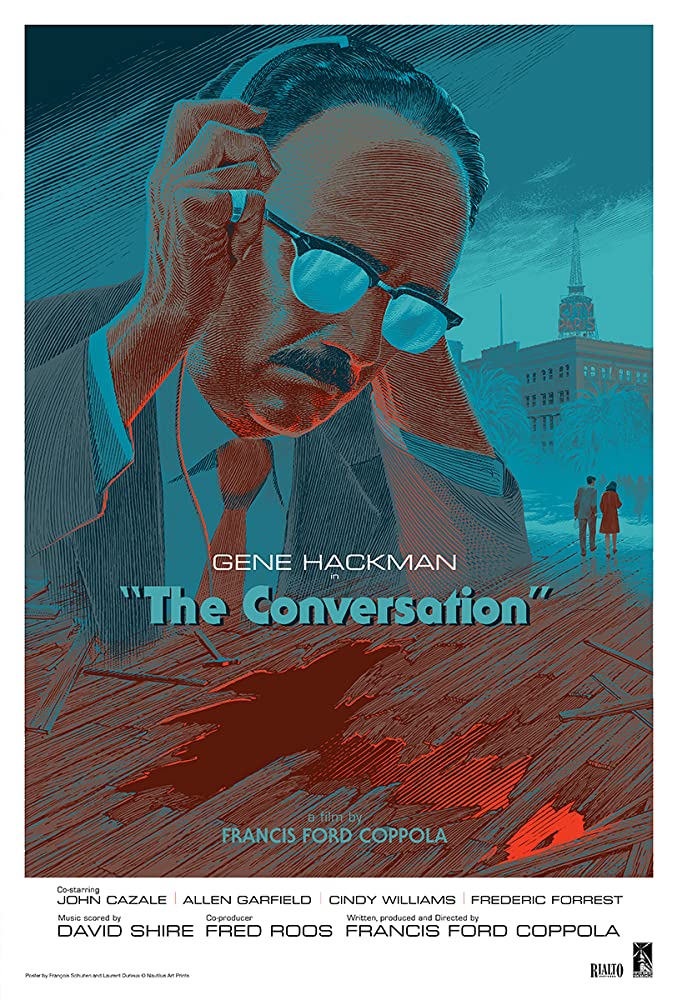
Podcast Review - Adam |
2027 Oscar Predictions: Jan.

Written Article - Todd |
Terry Most Anticipated #2

Podcast Featured Review |

Podcast Review - Terry |

Podcast Review - Zach |
20th Anniversary
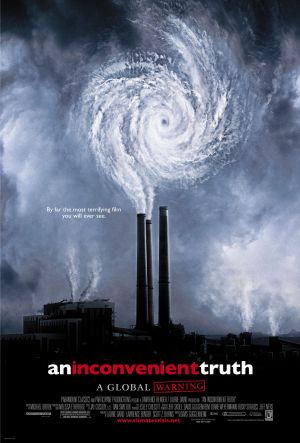
Podcast Oscar Review - Terry |
Ford Explorer Watch
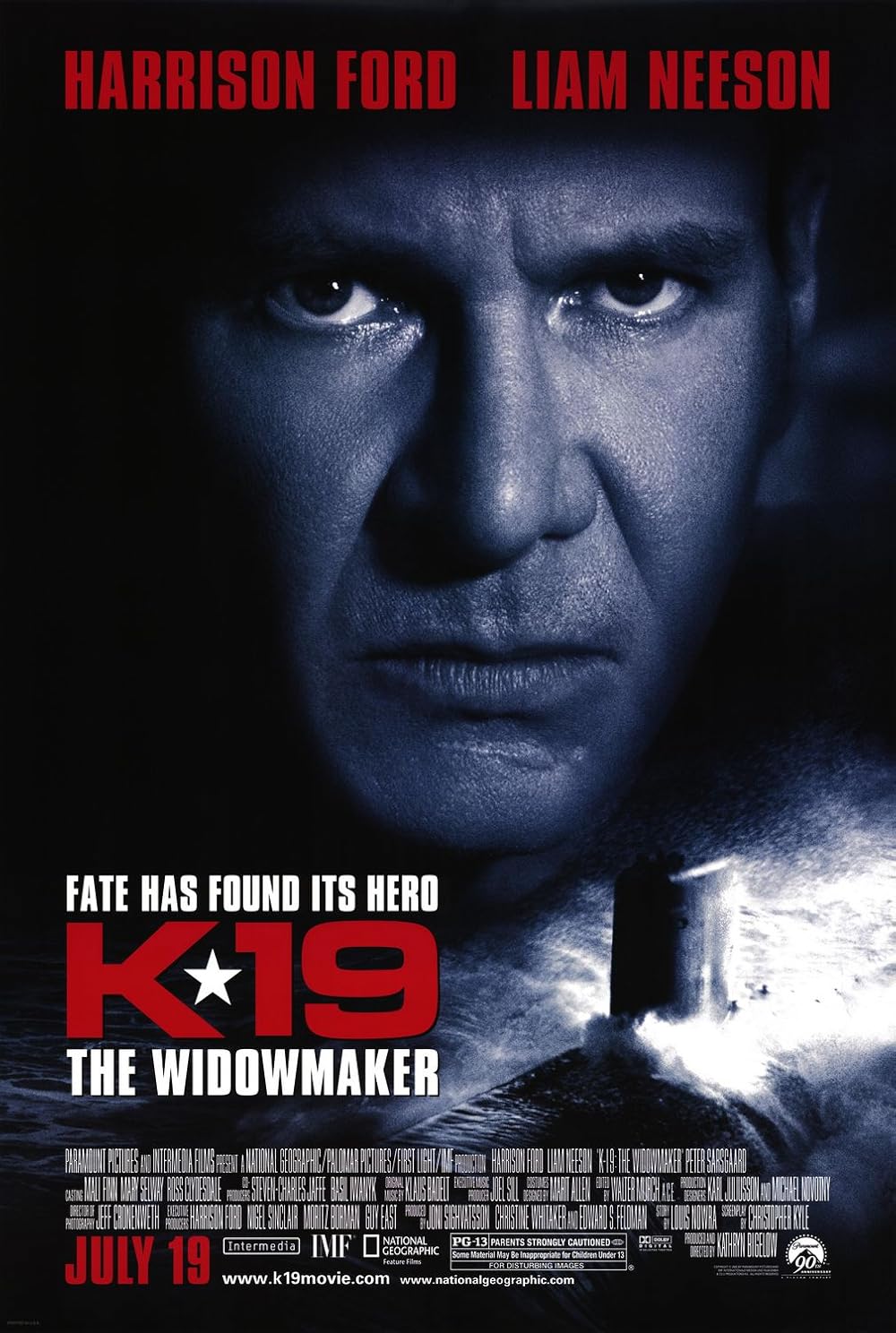
Podcast Review - Adam |
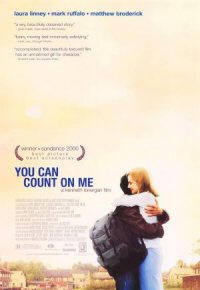
Podcast Trivia Review - Adam |
Director Blindspot Watch
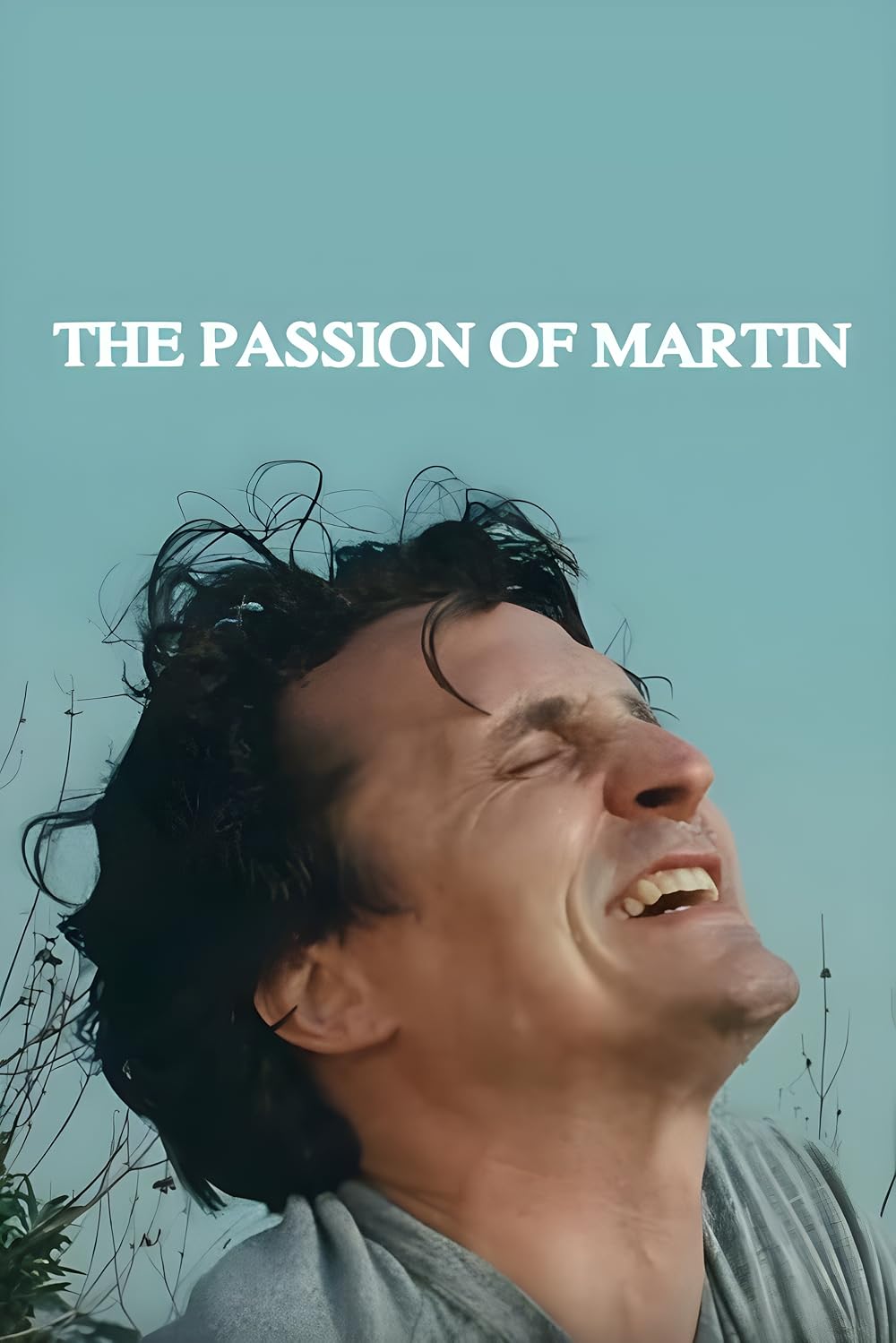
Podcast Review - Todd |
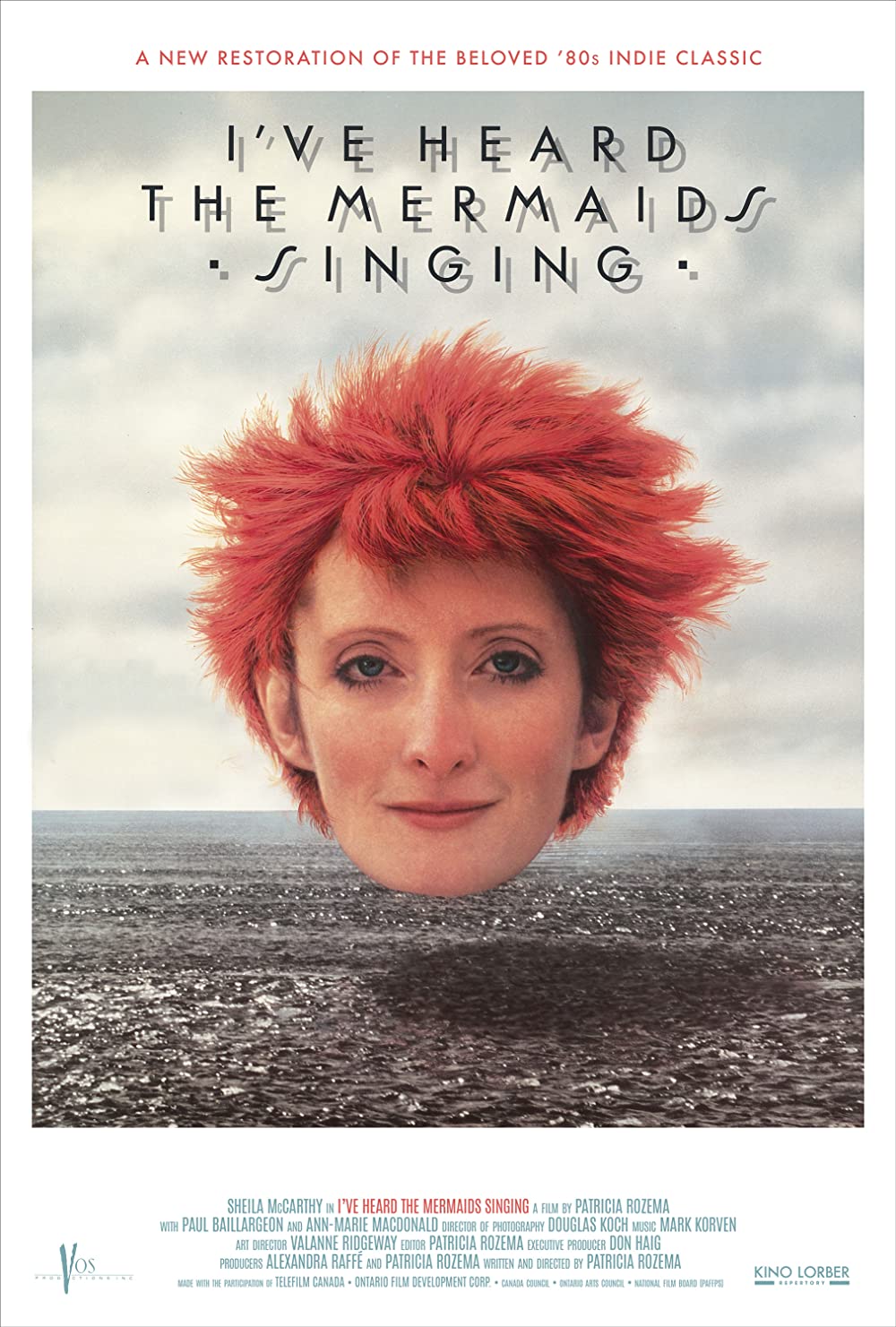
Podcast Trivia Review - Todd |
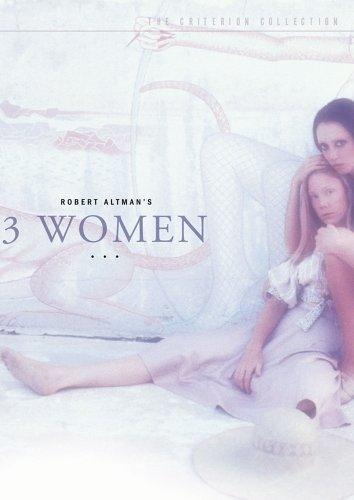
Podcast Trivia Review - Terry |
25th Anniversary

PODCAST DEEP DIVE |

Podcast Featured Review |

Podcast Review - Adam |

Podcast Review - Terry |

Podcast Review - Terry |
Indie Screener Watch
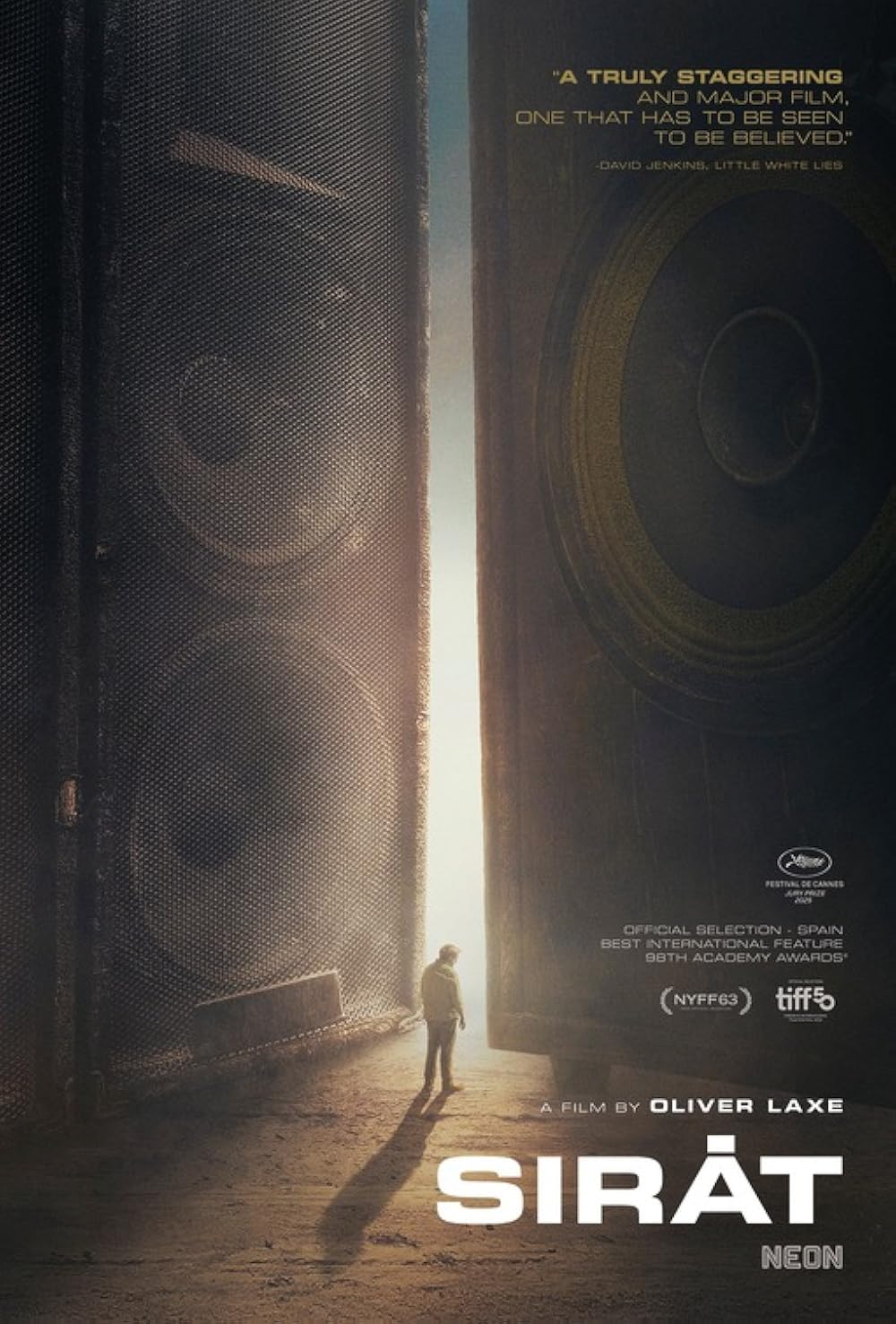
Podcast Review - Todd |
|
|
|